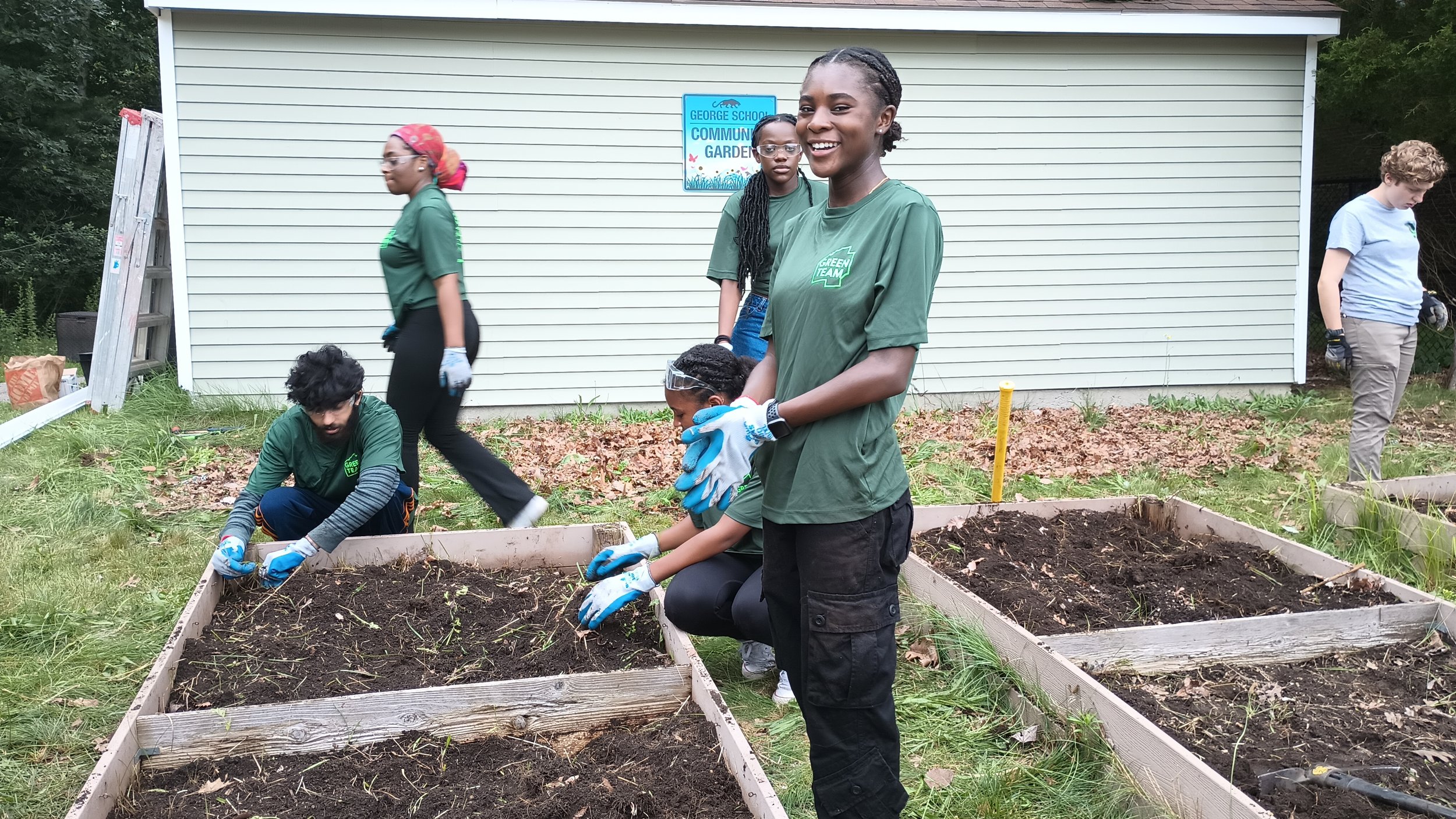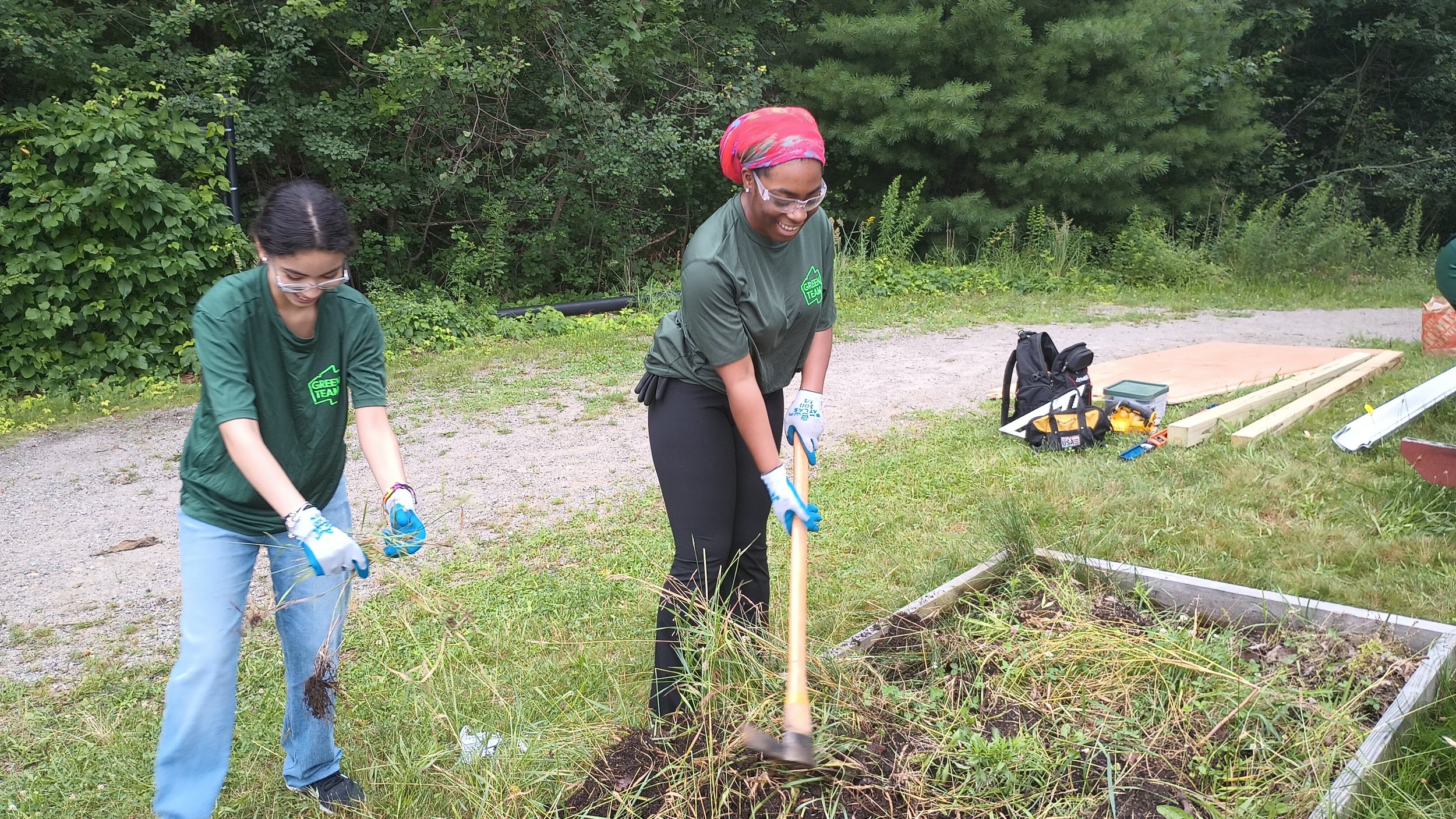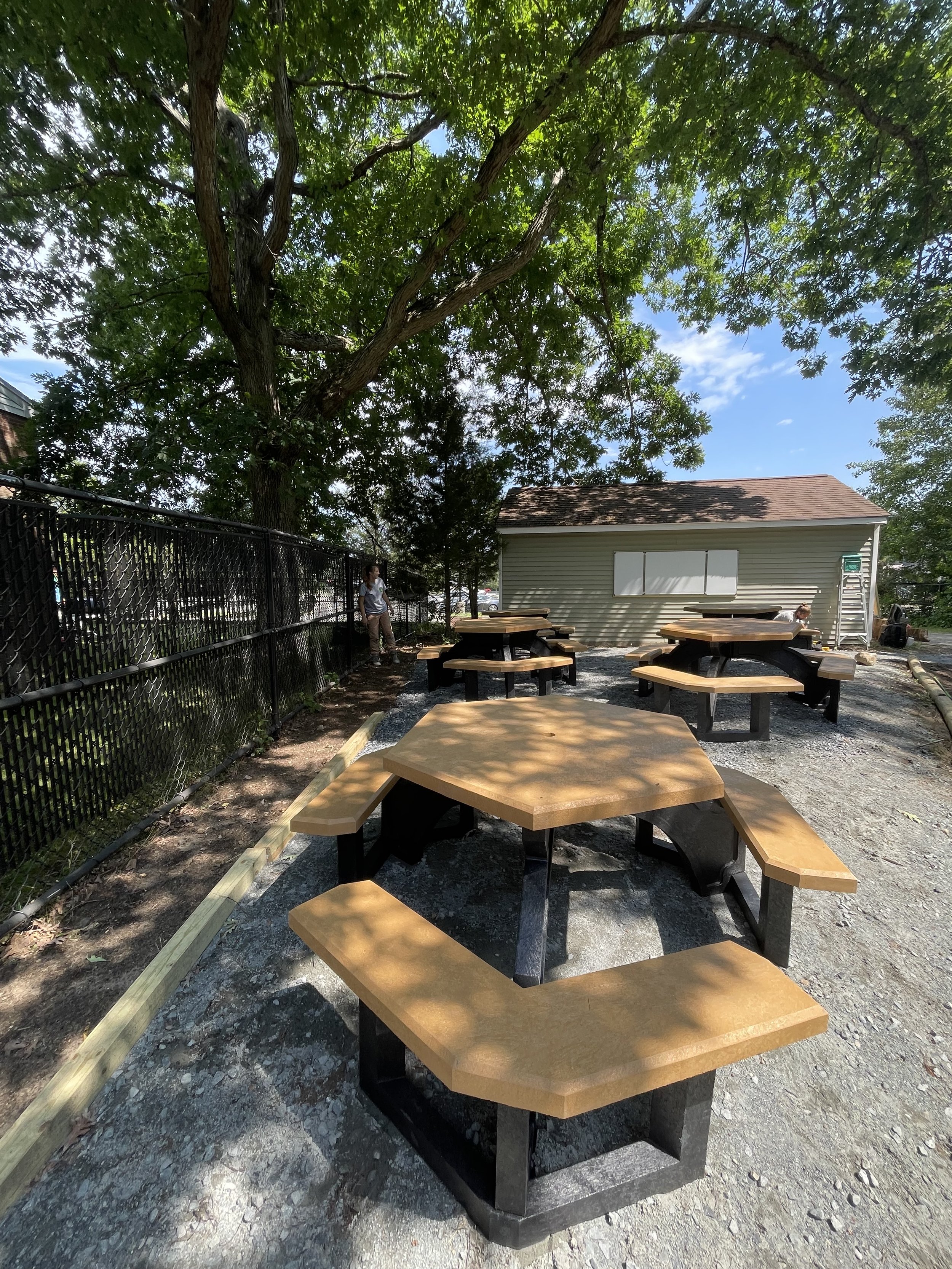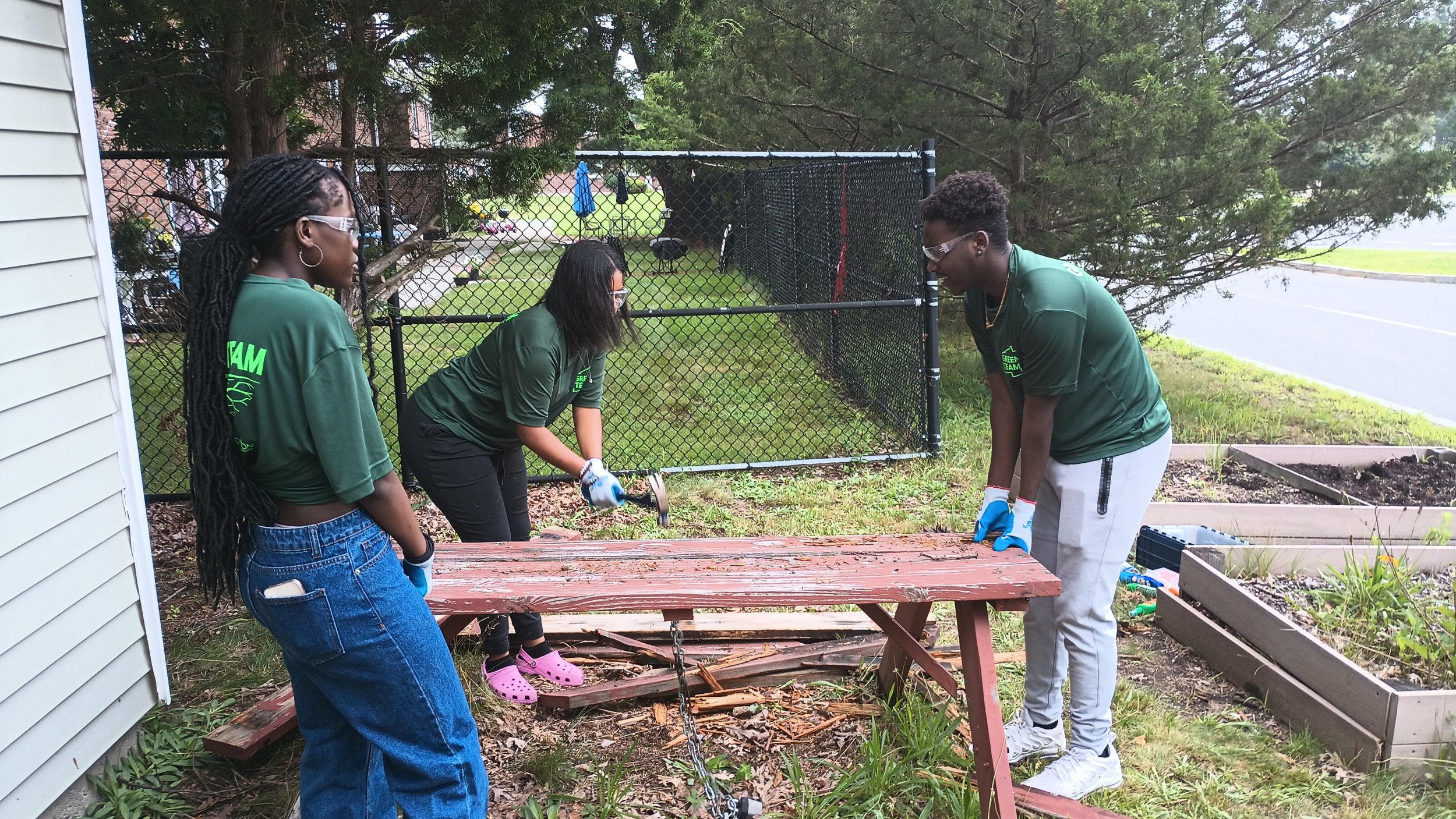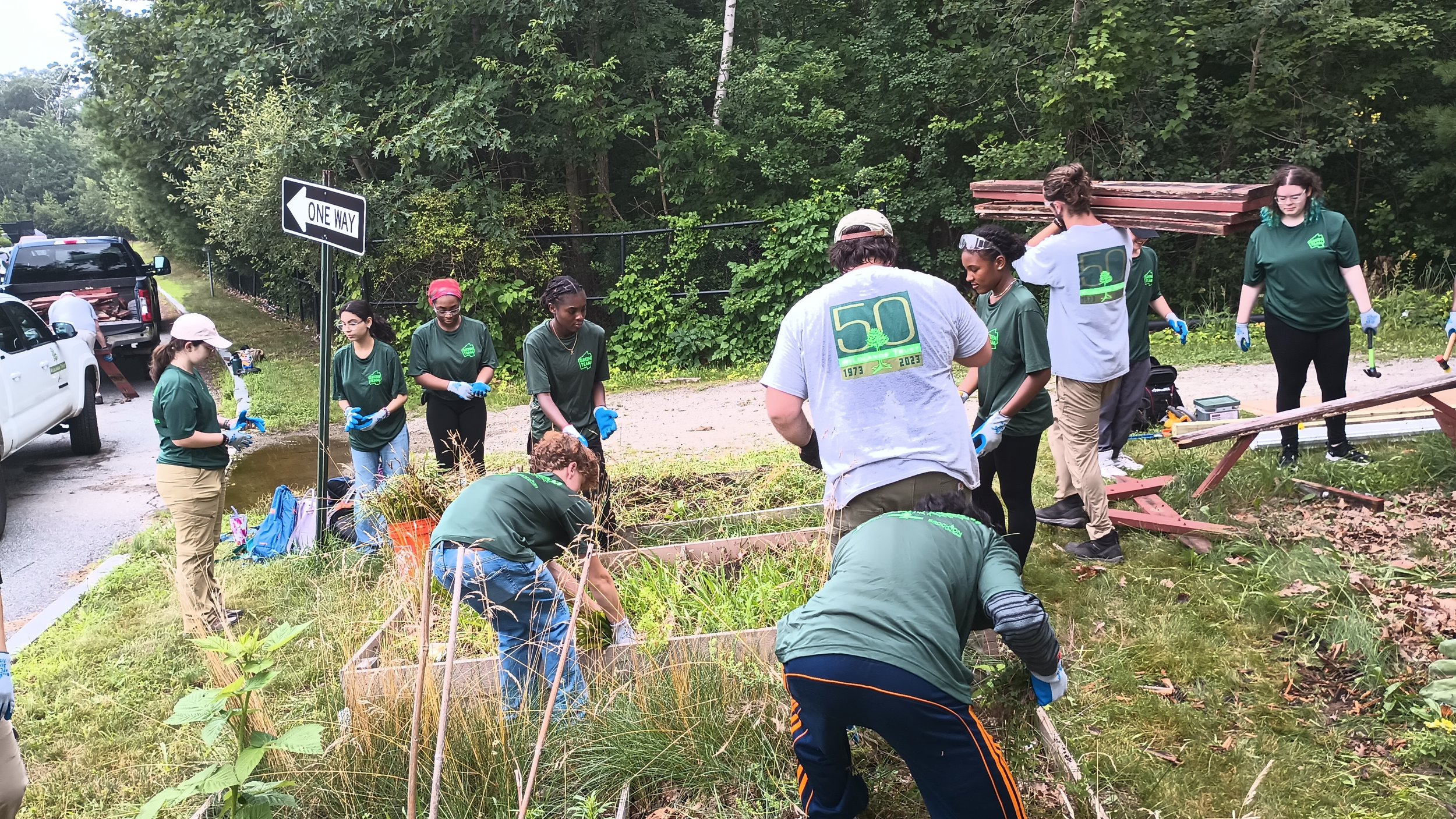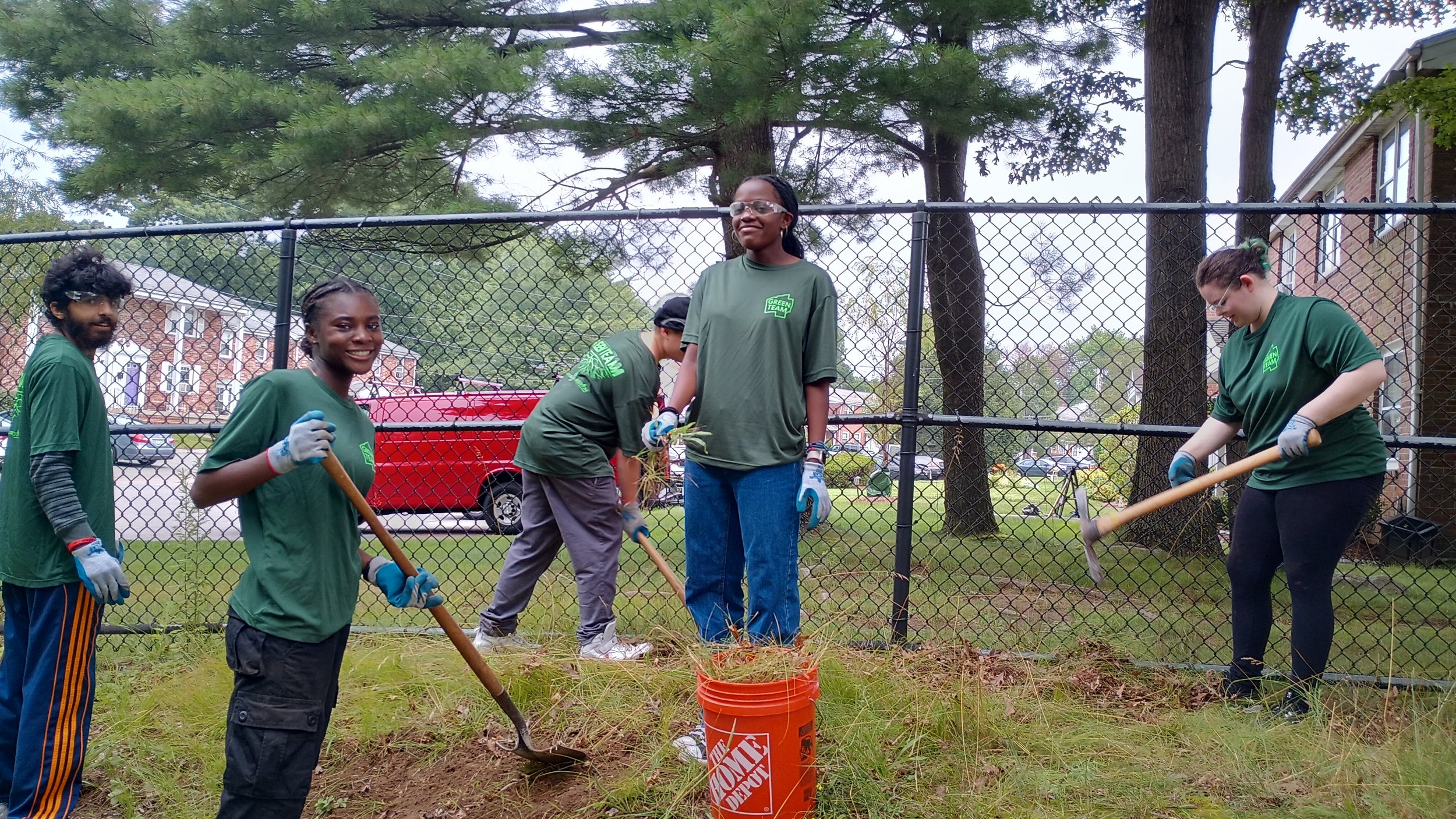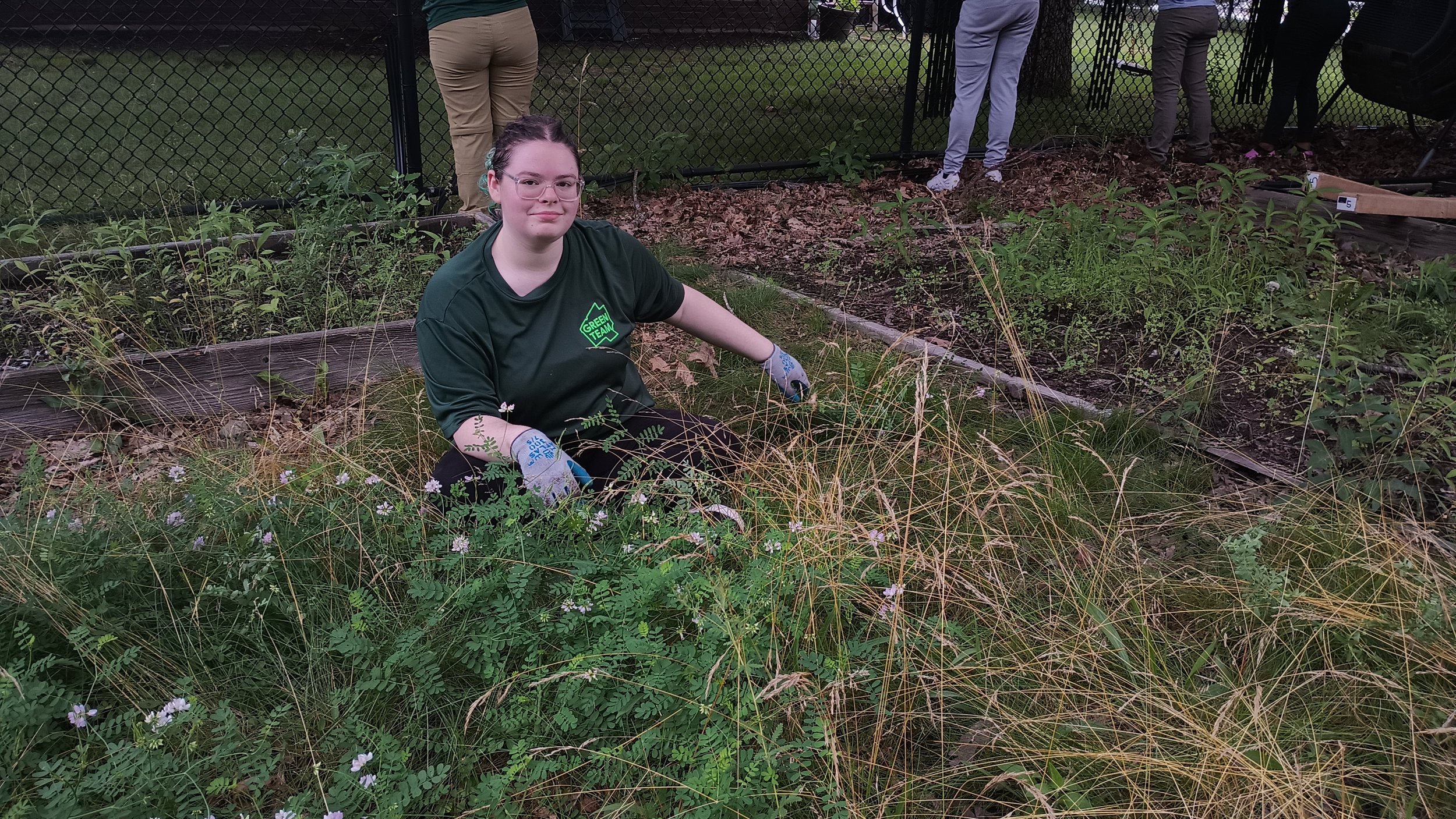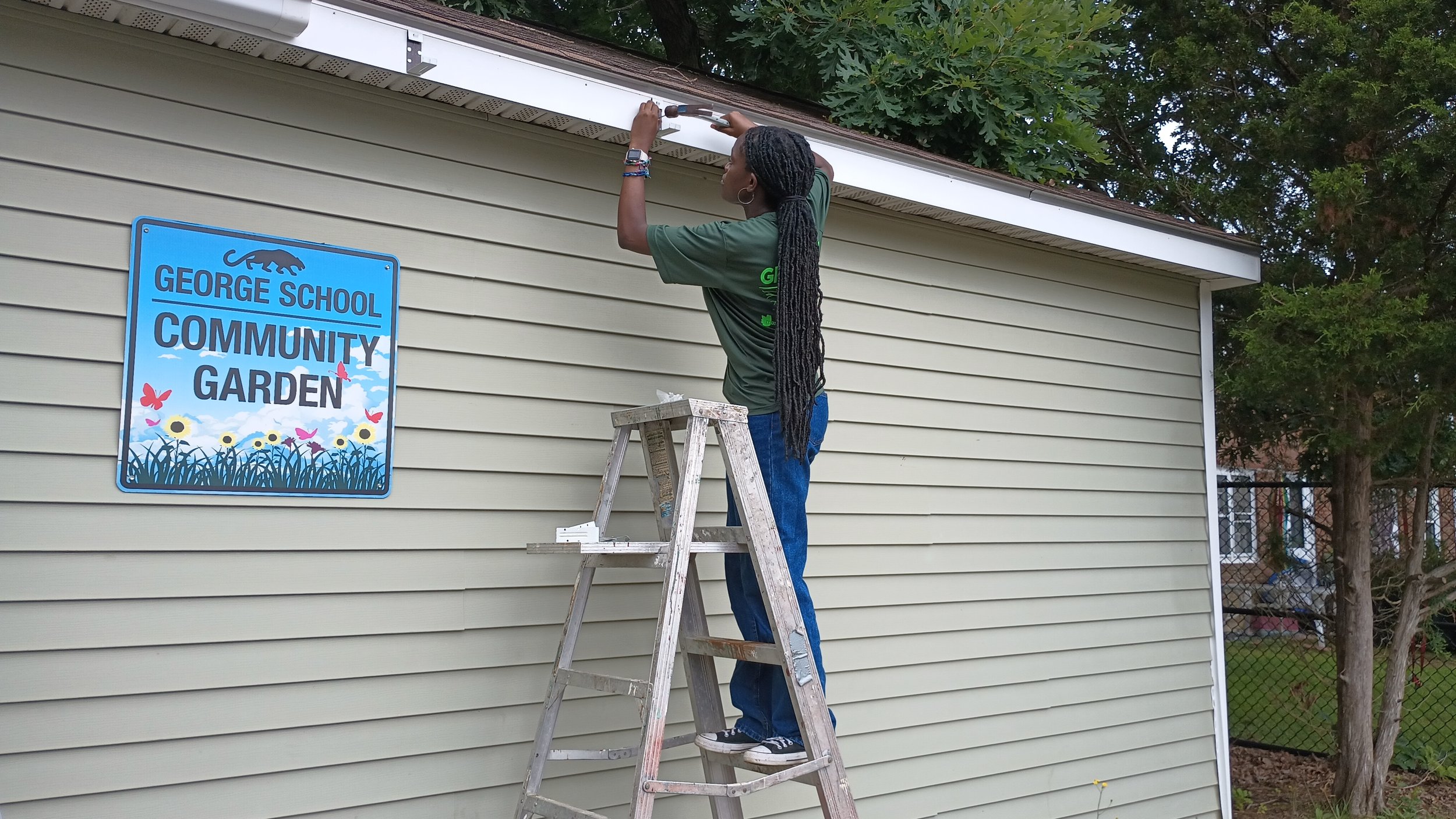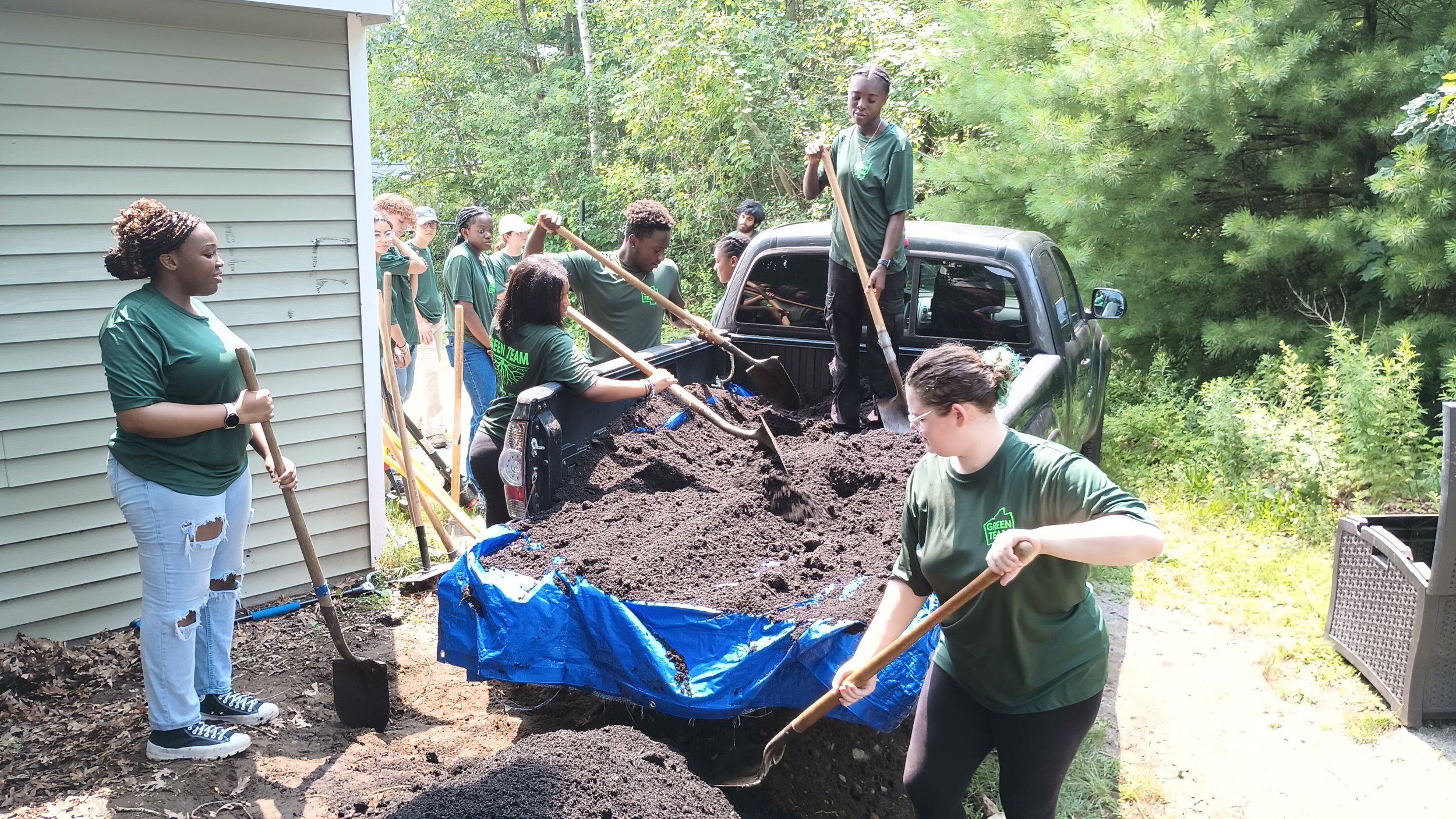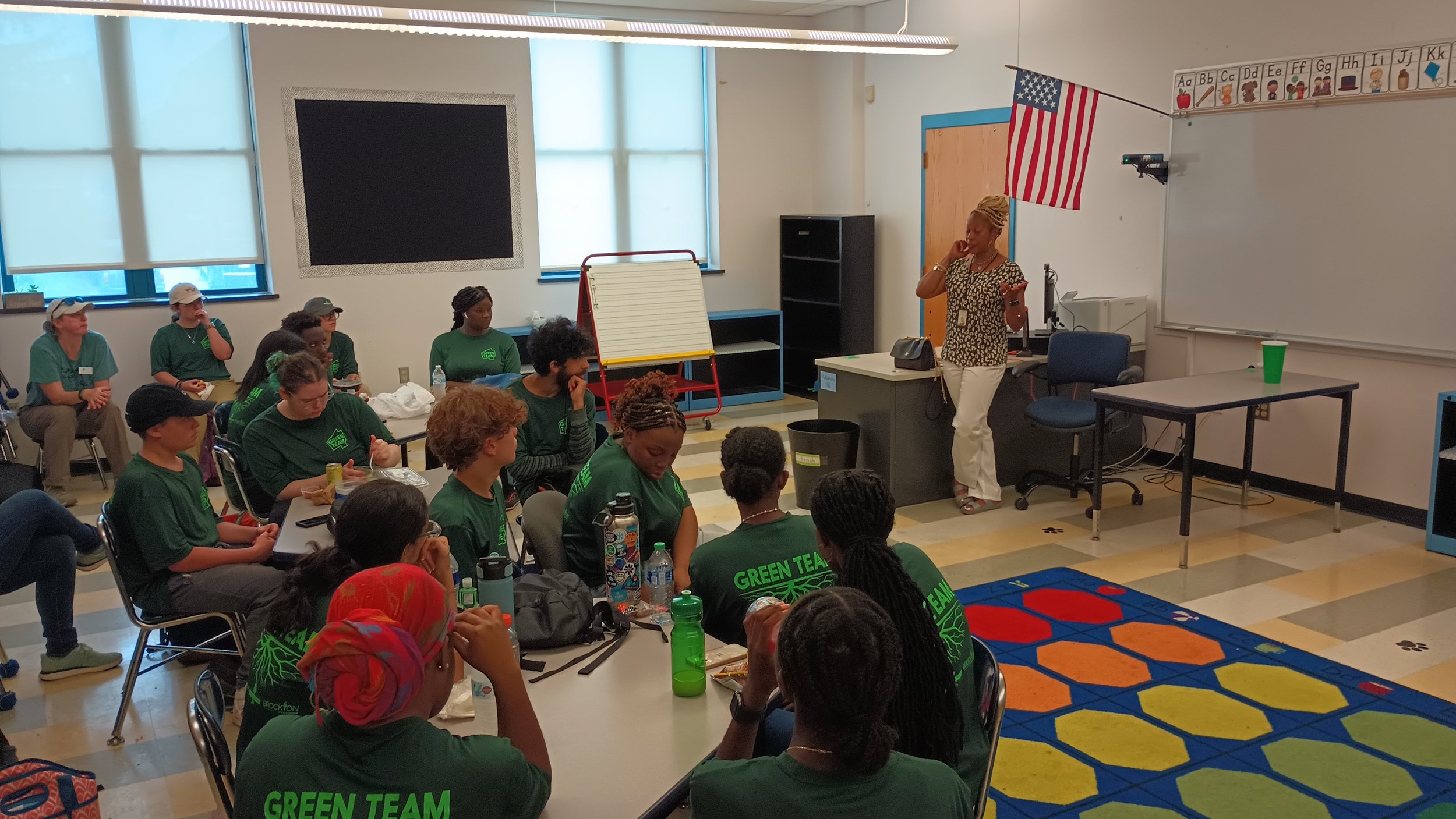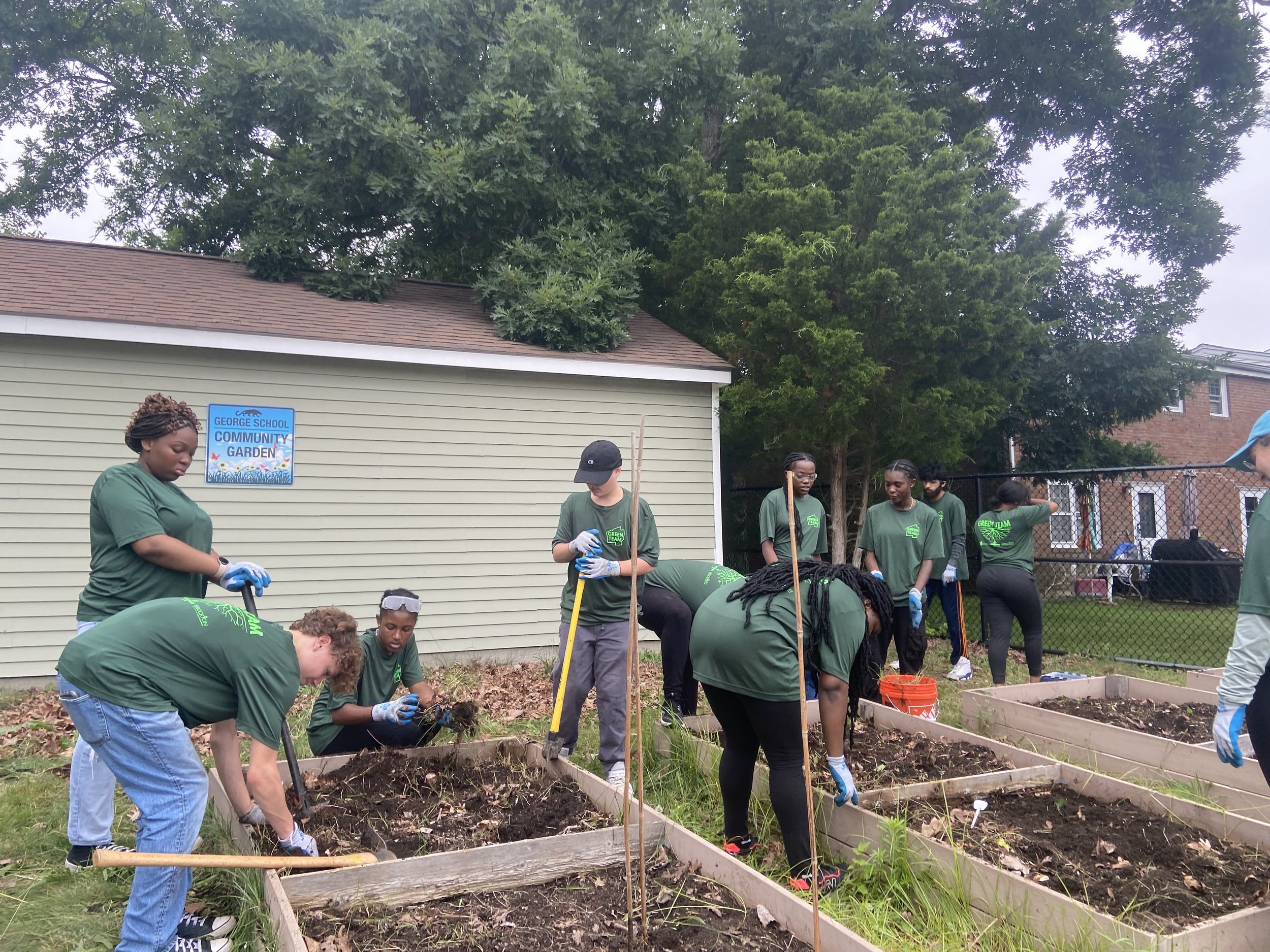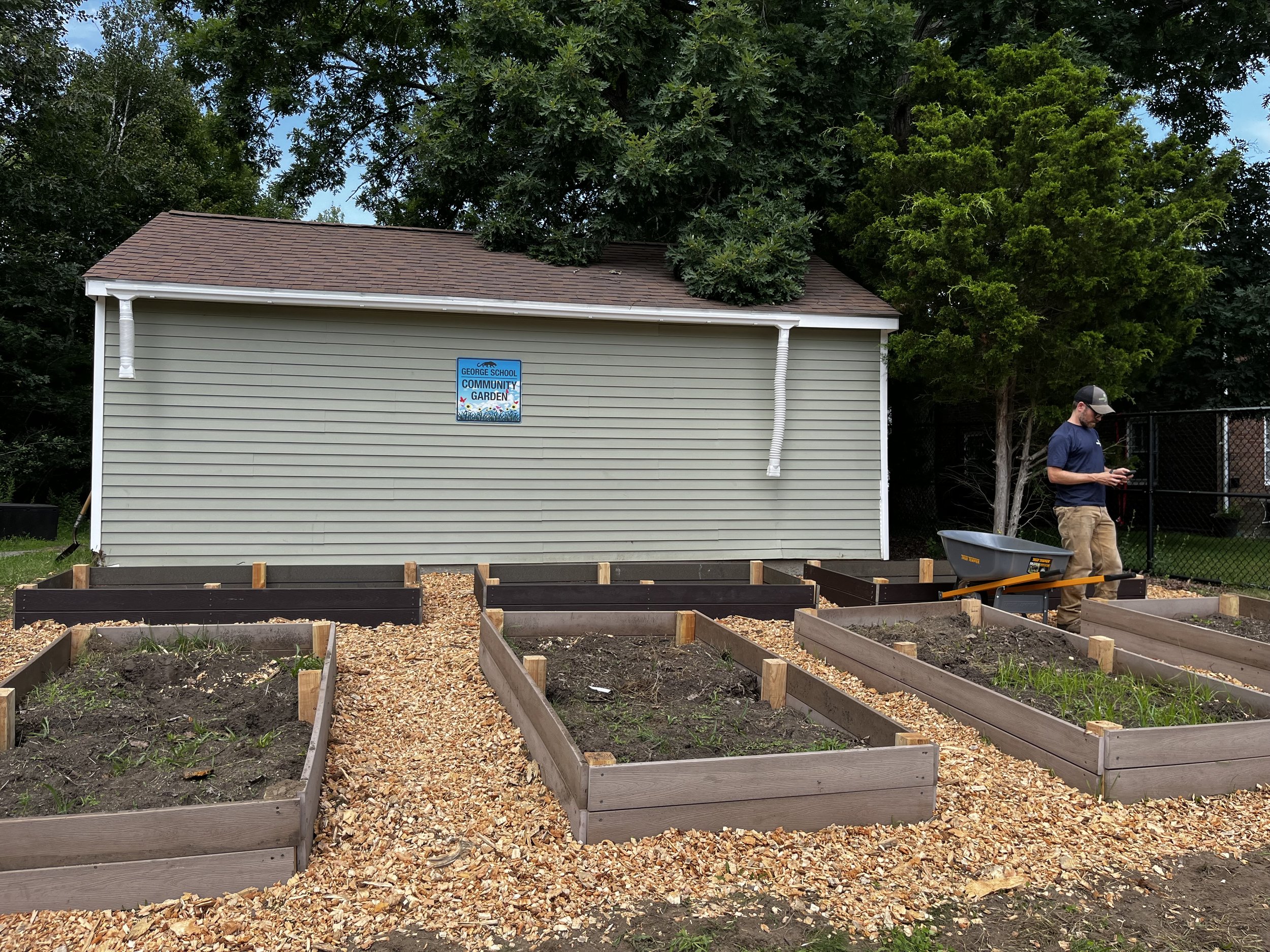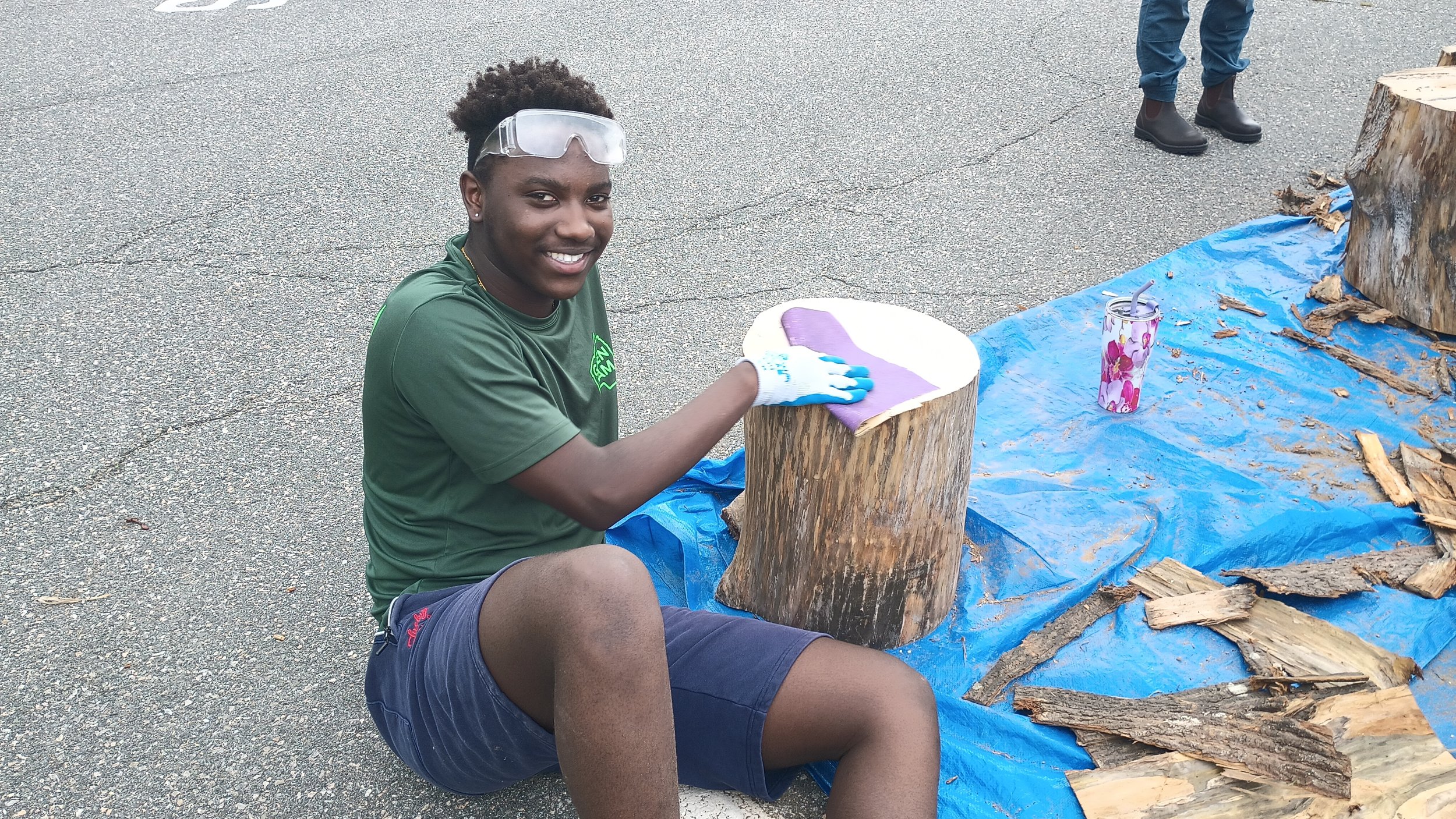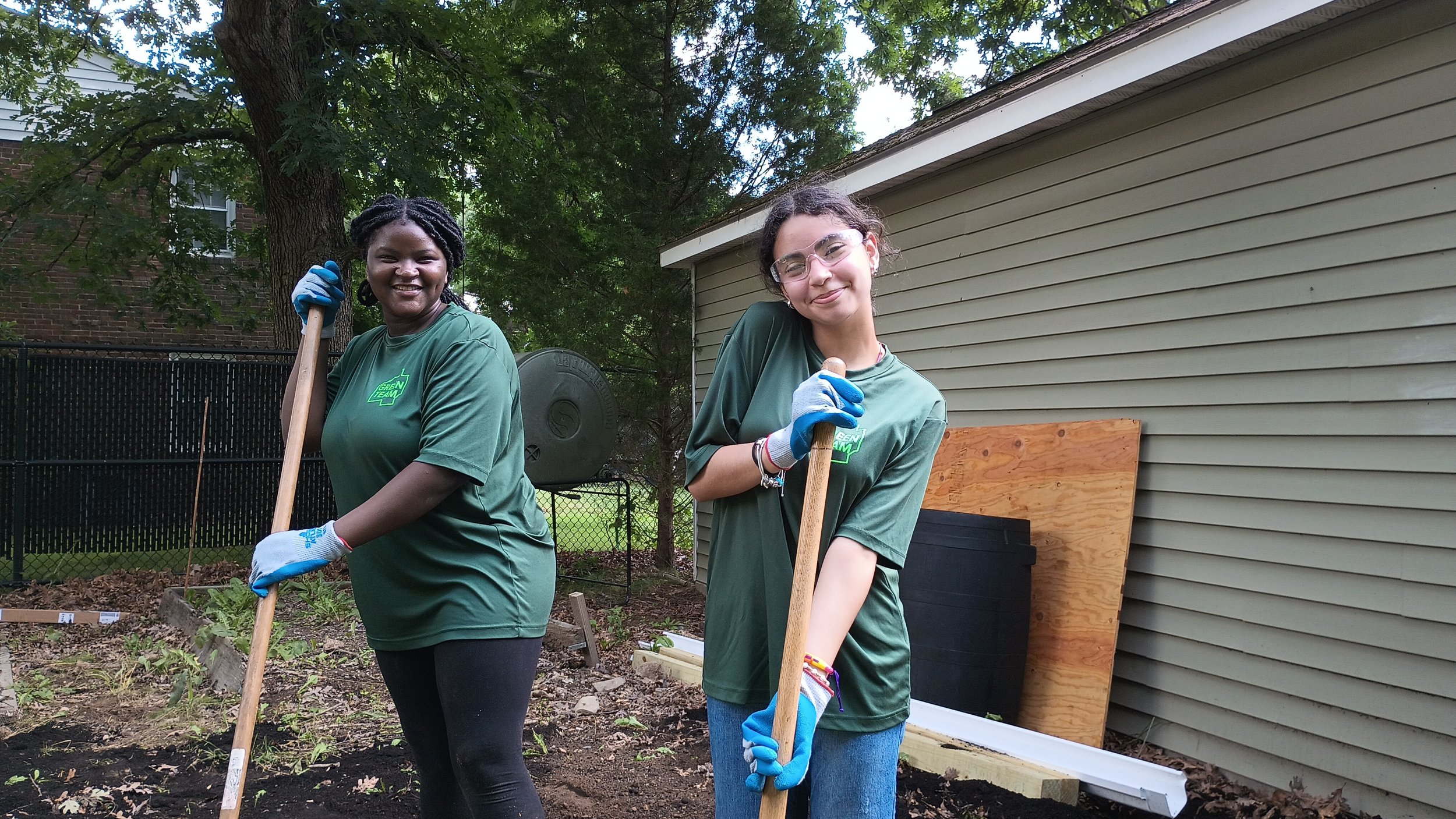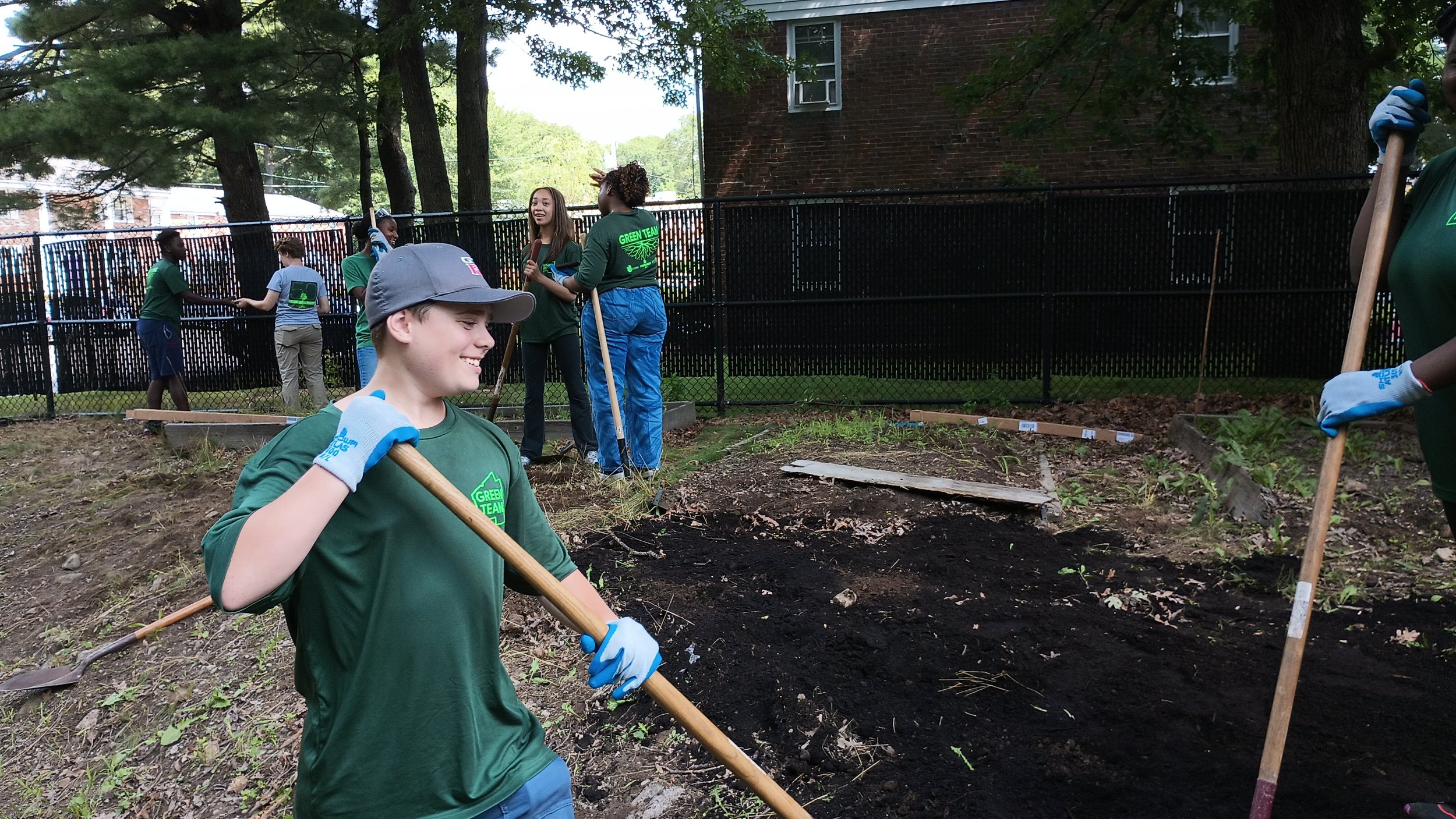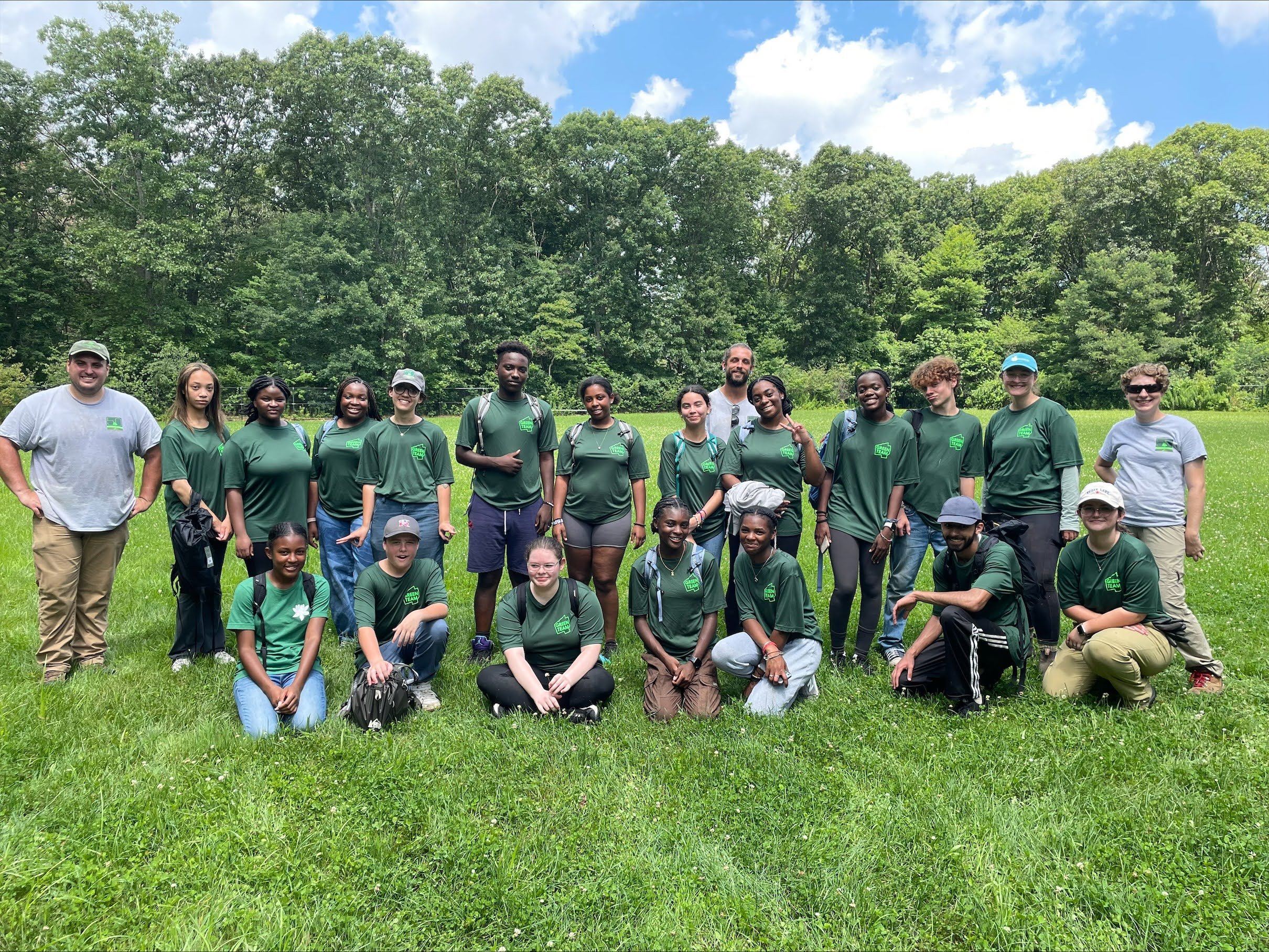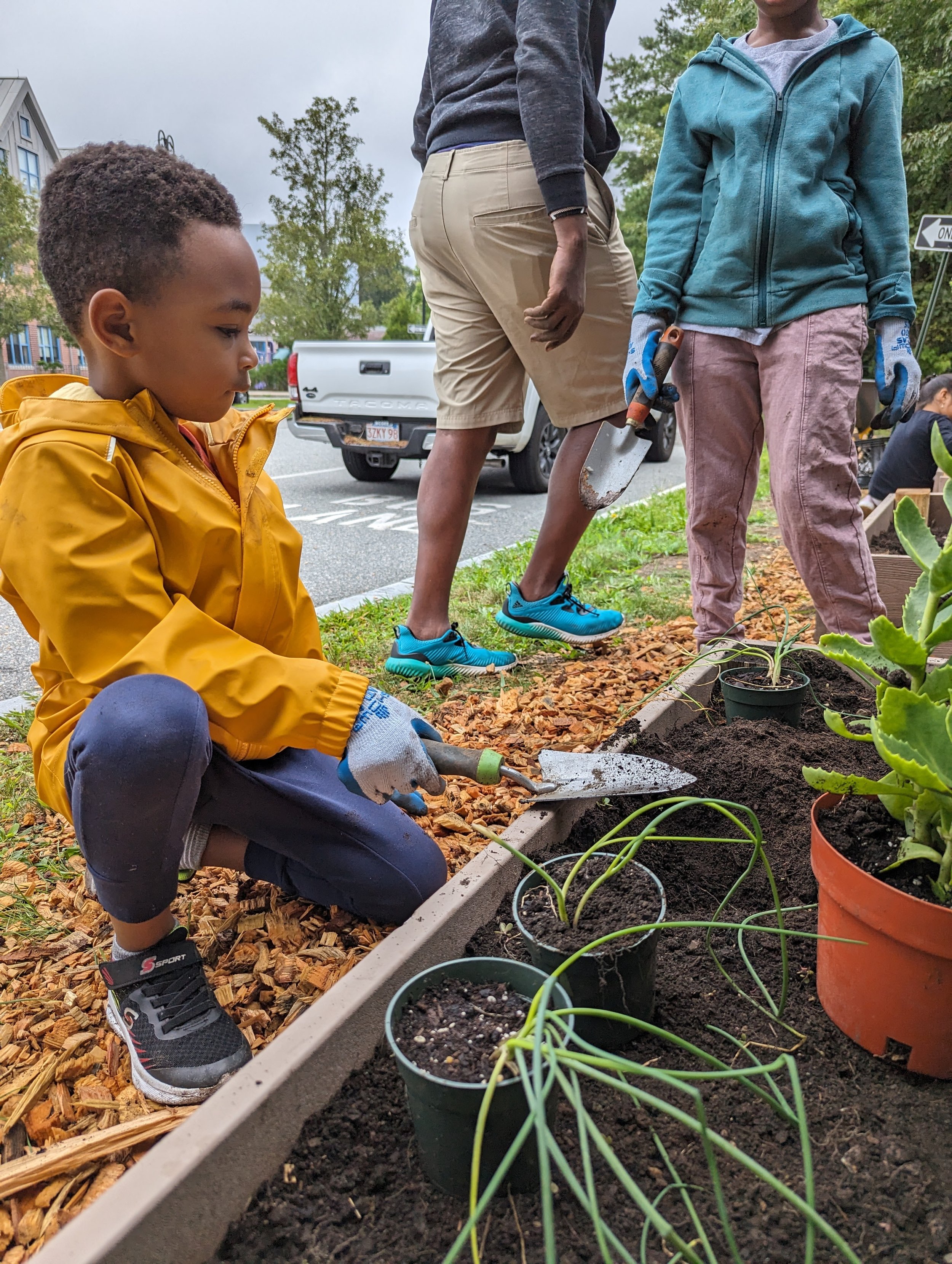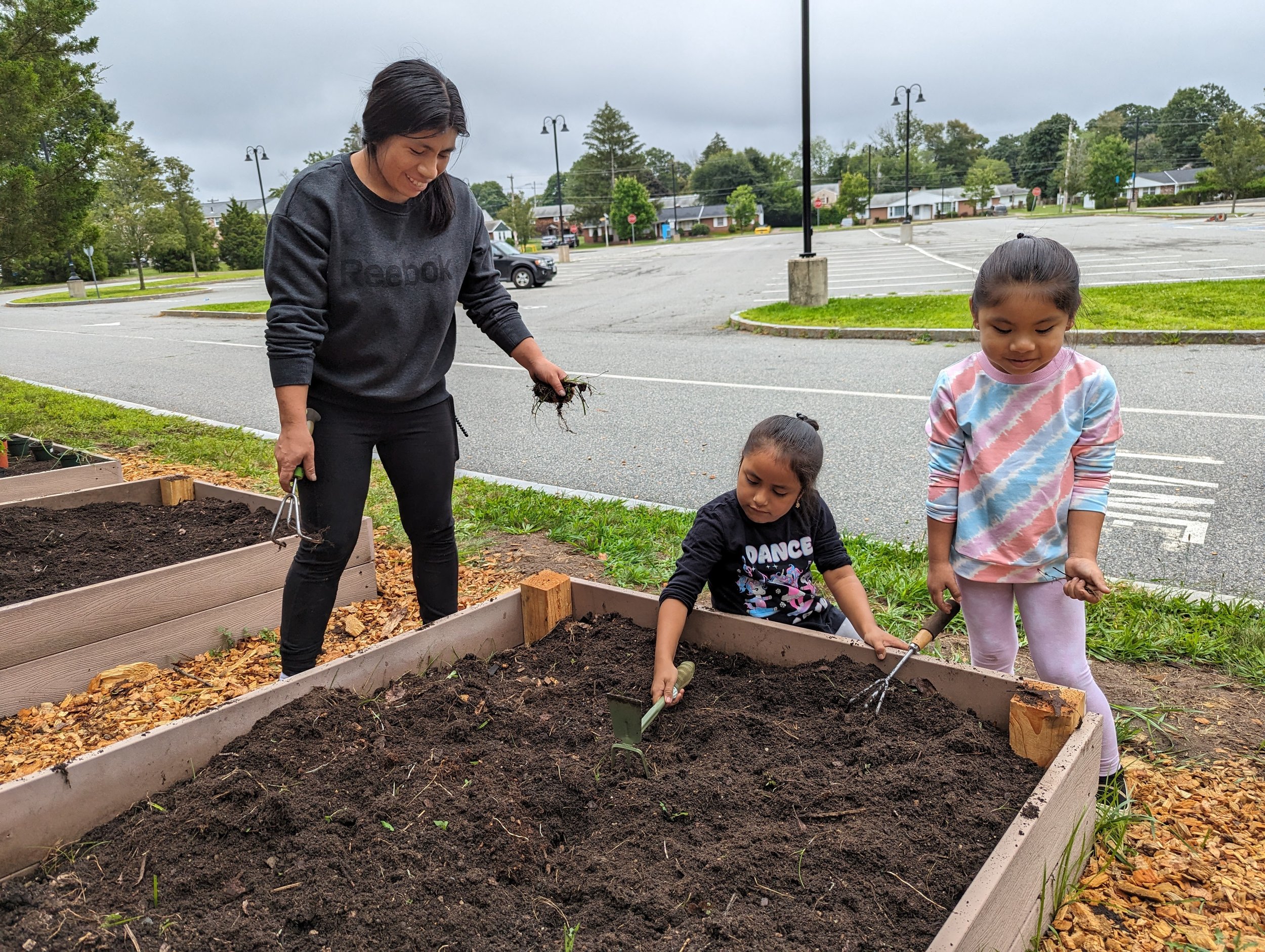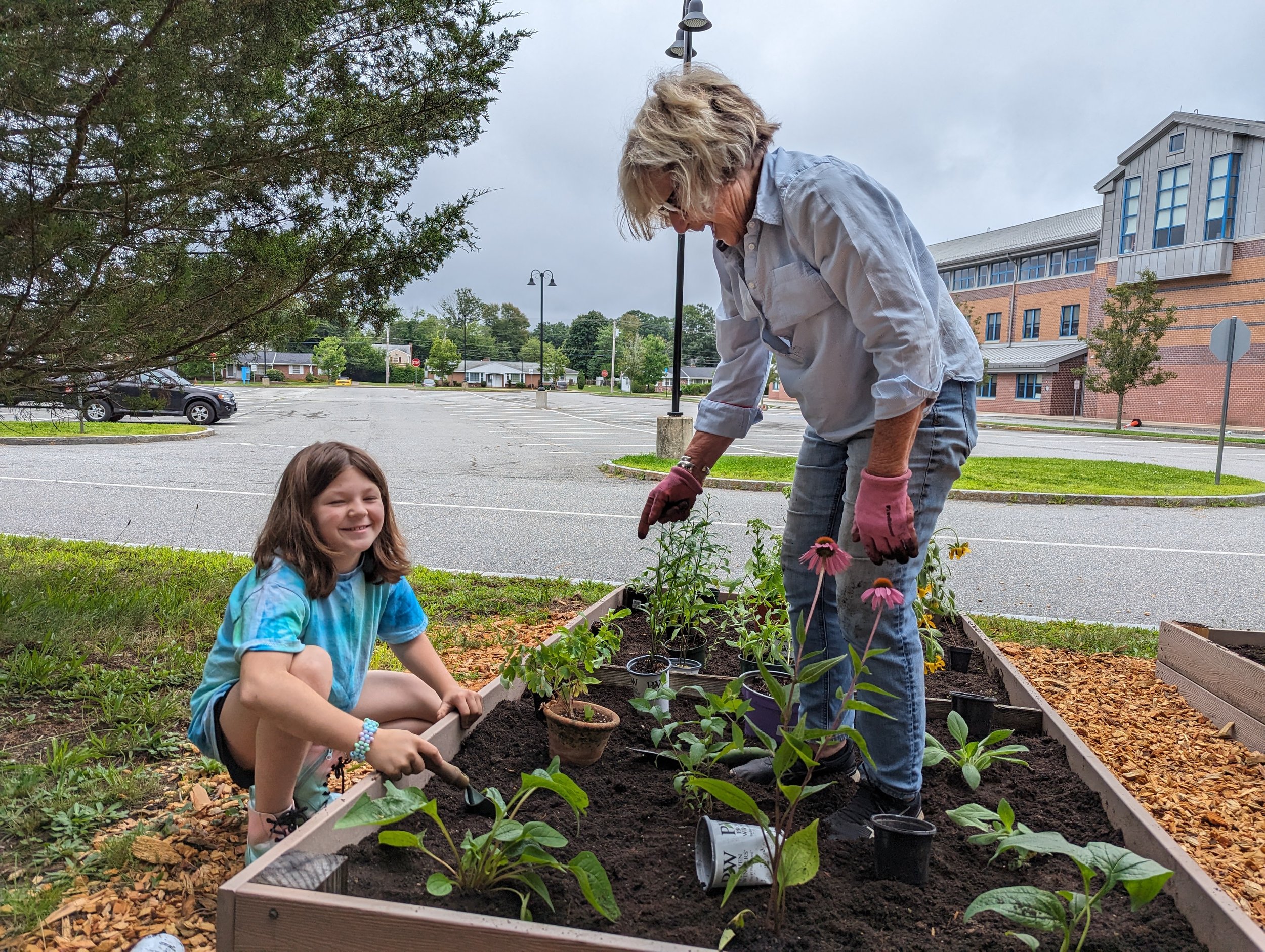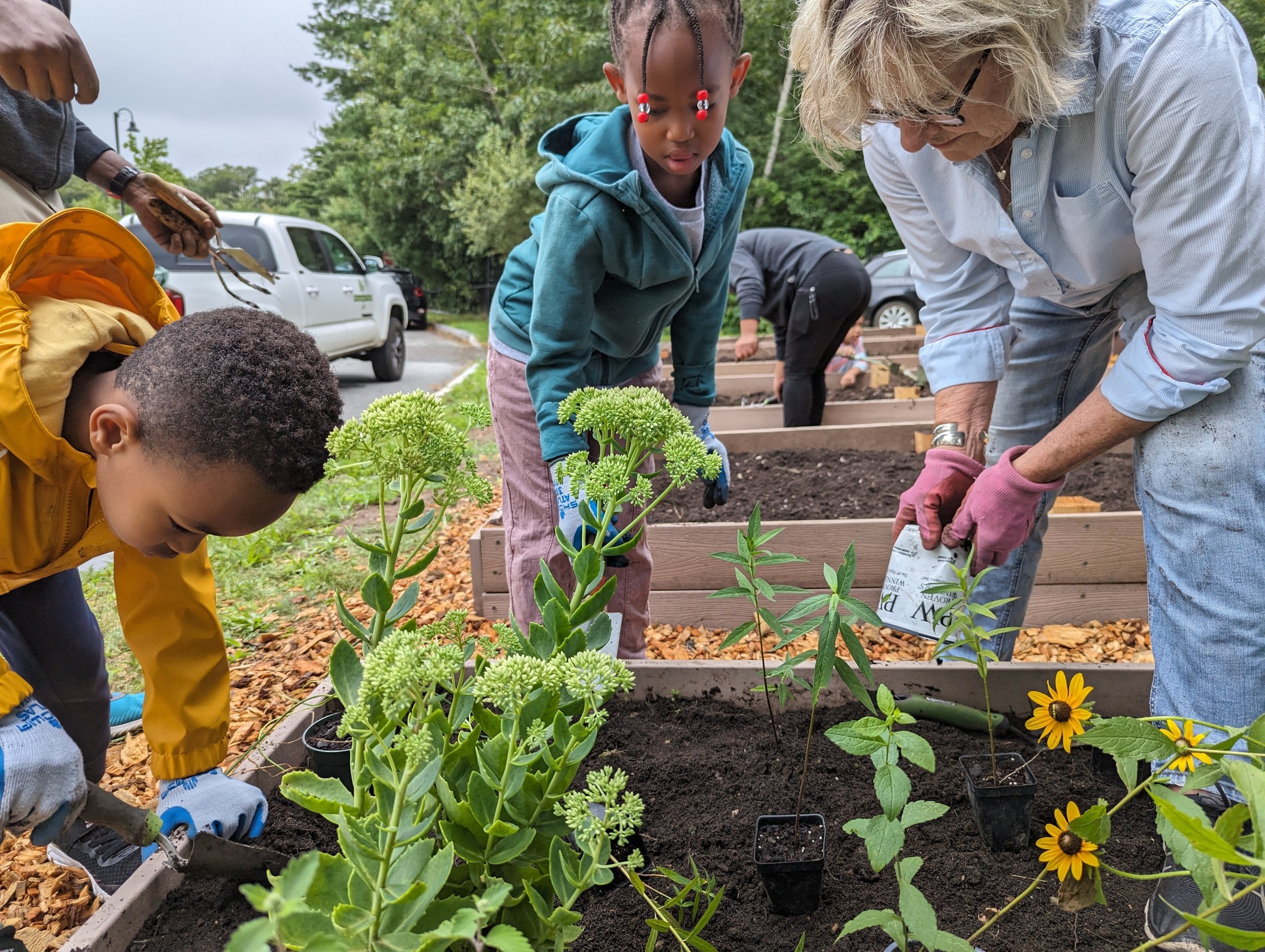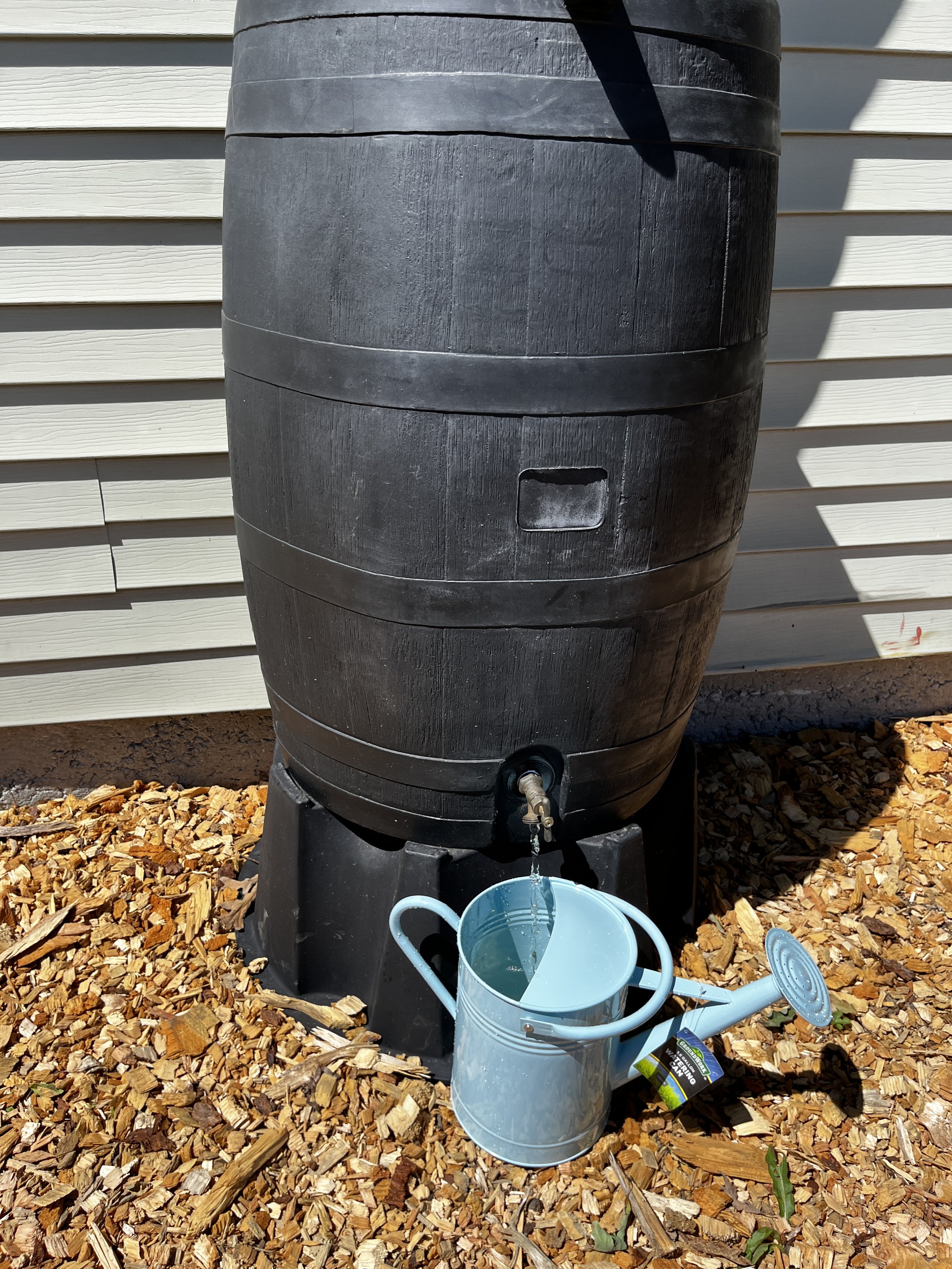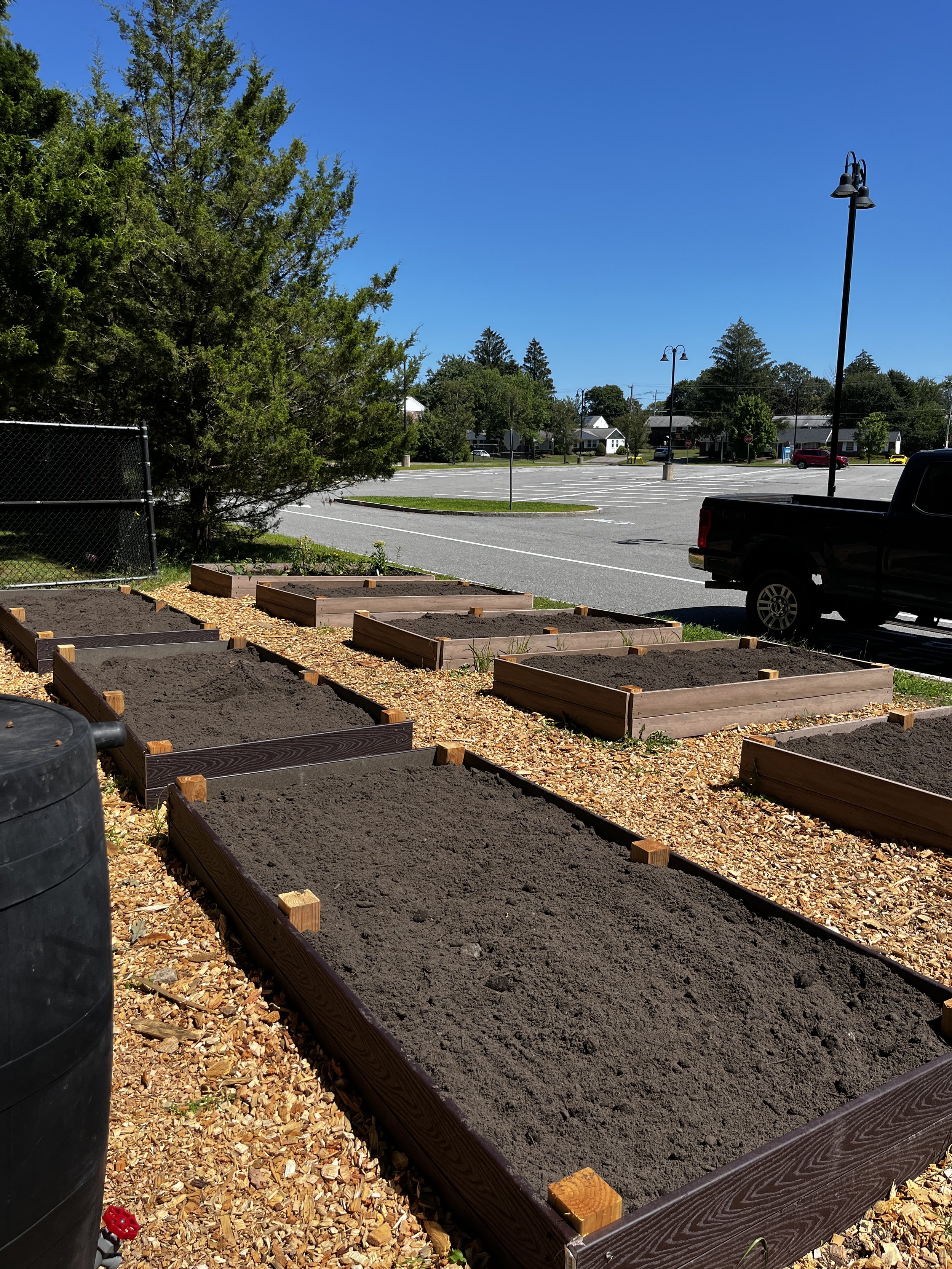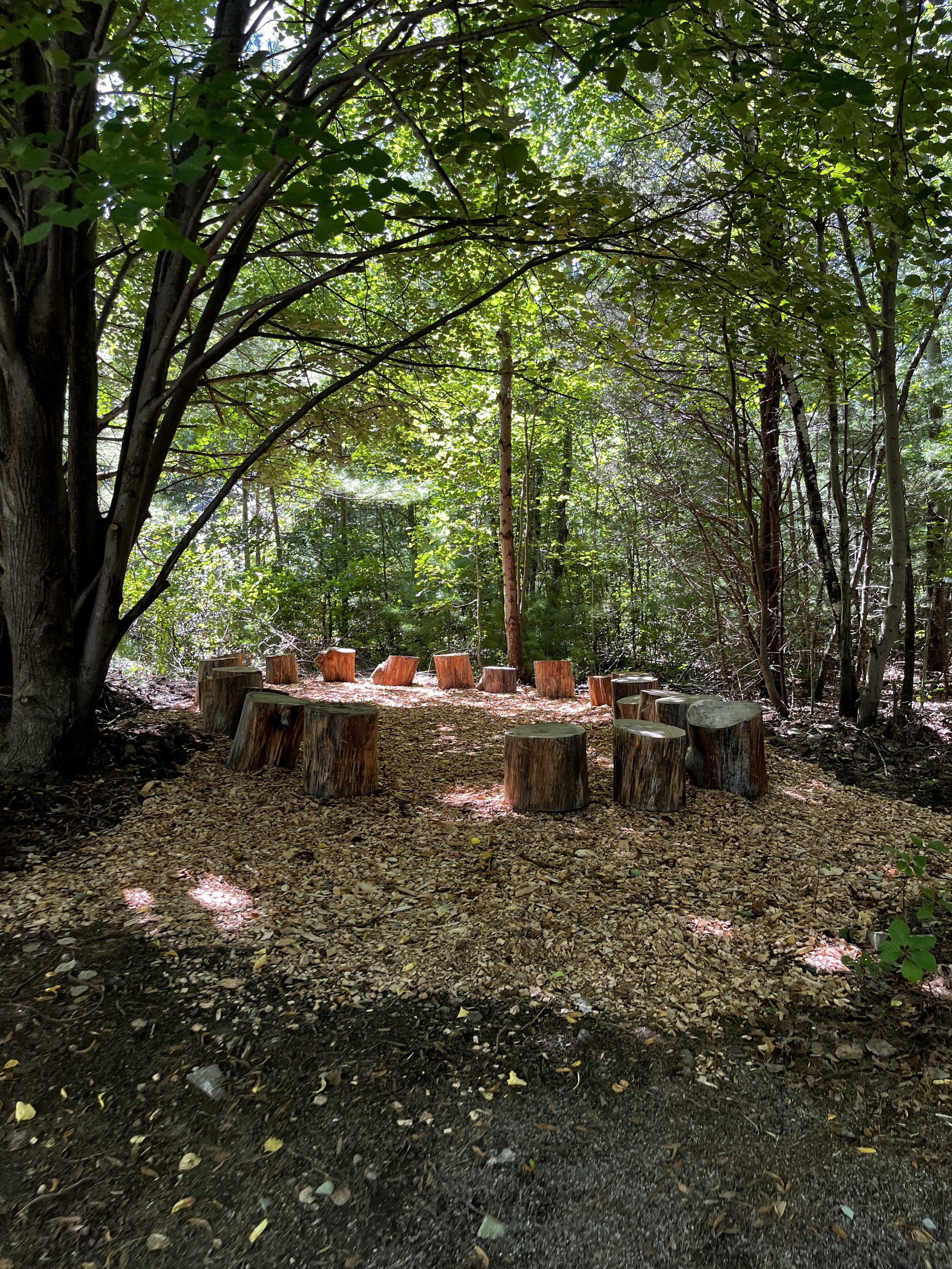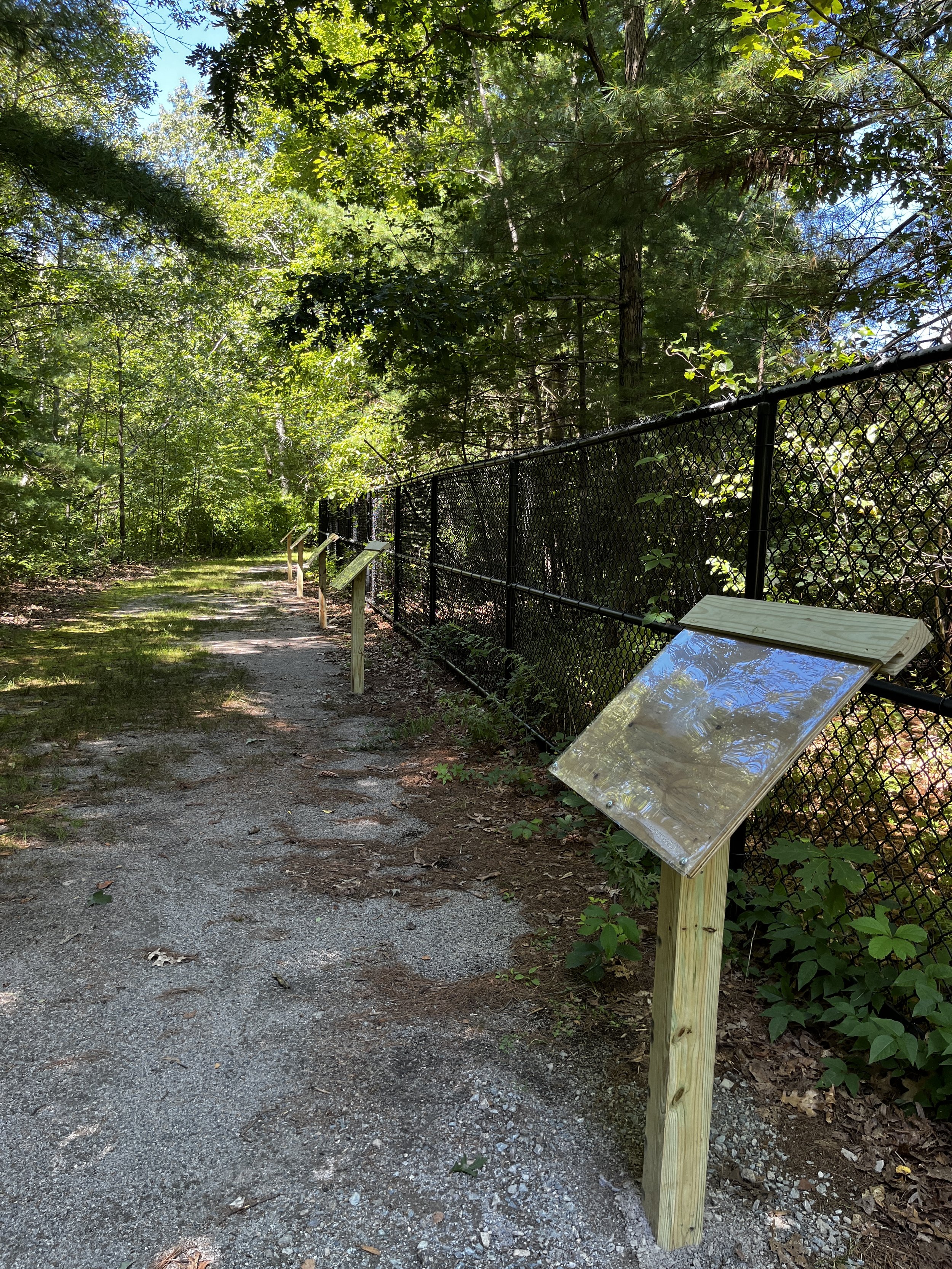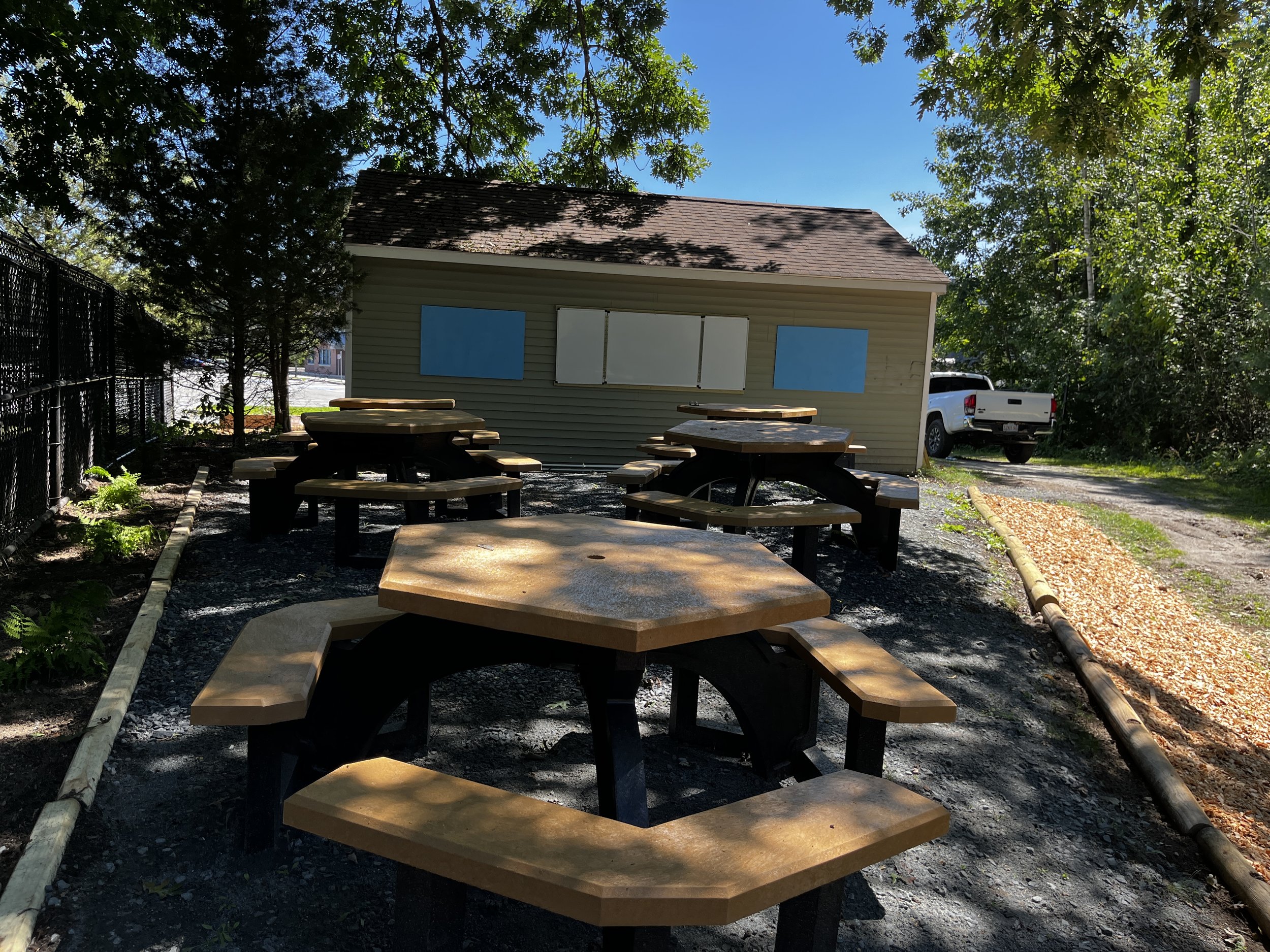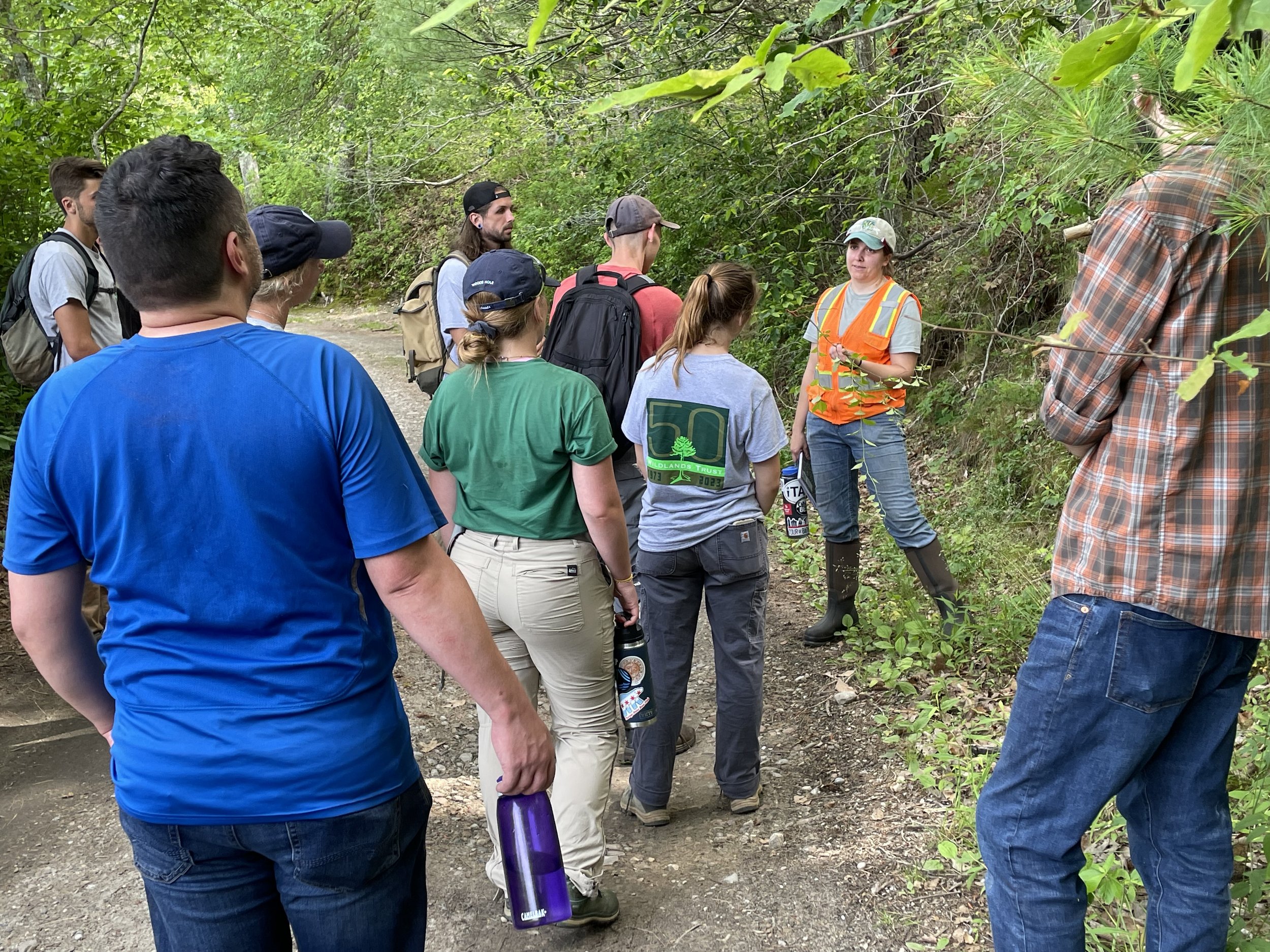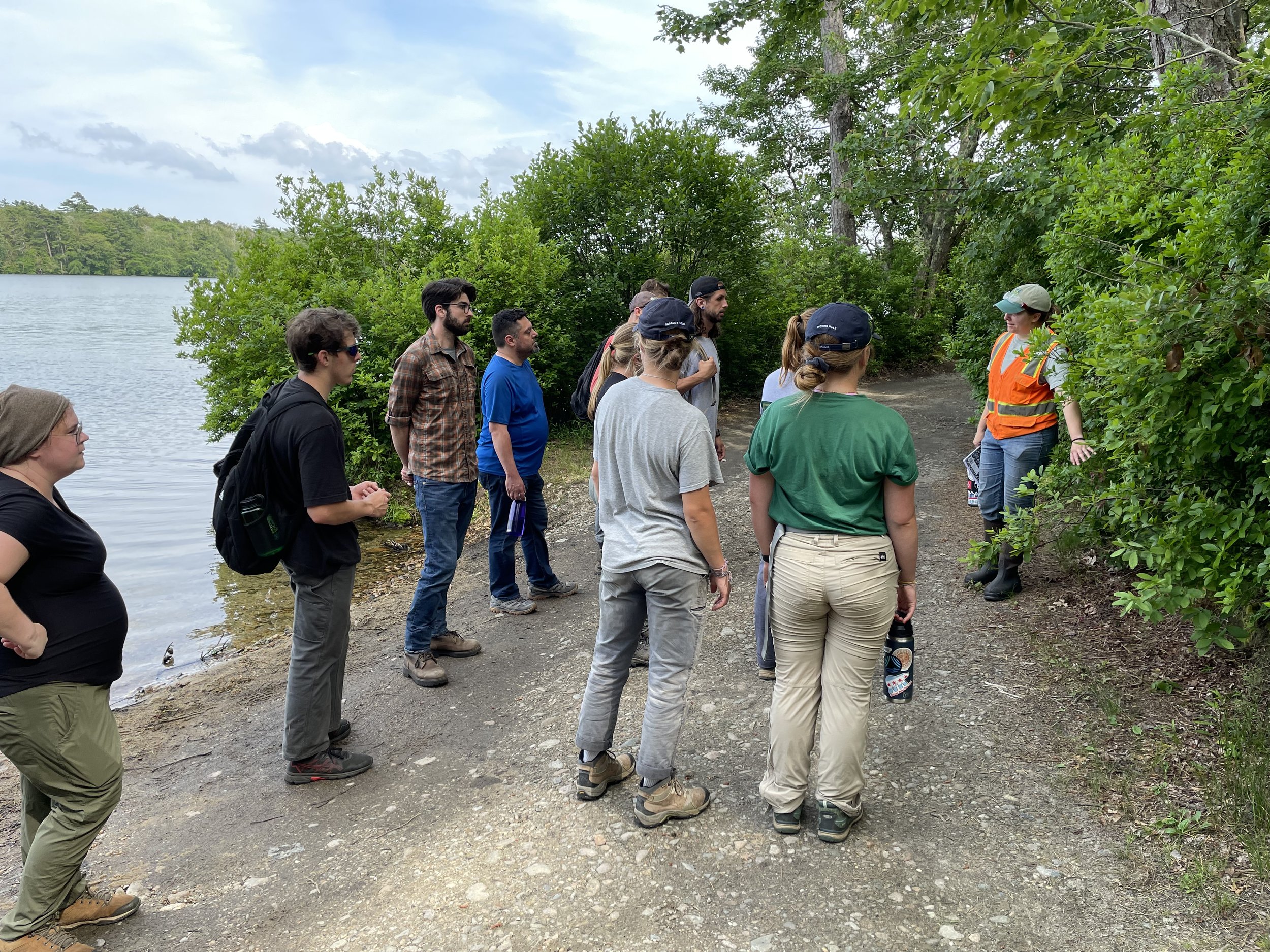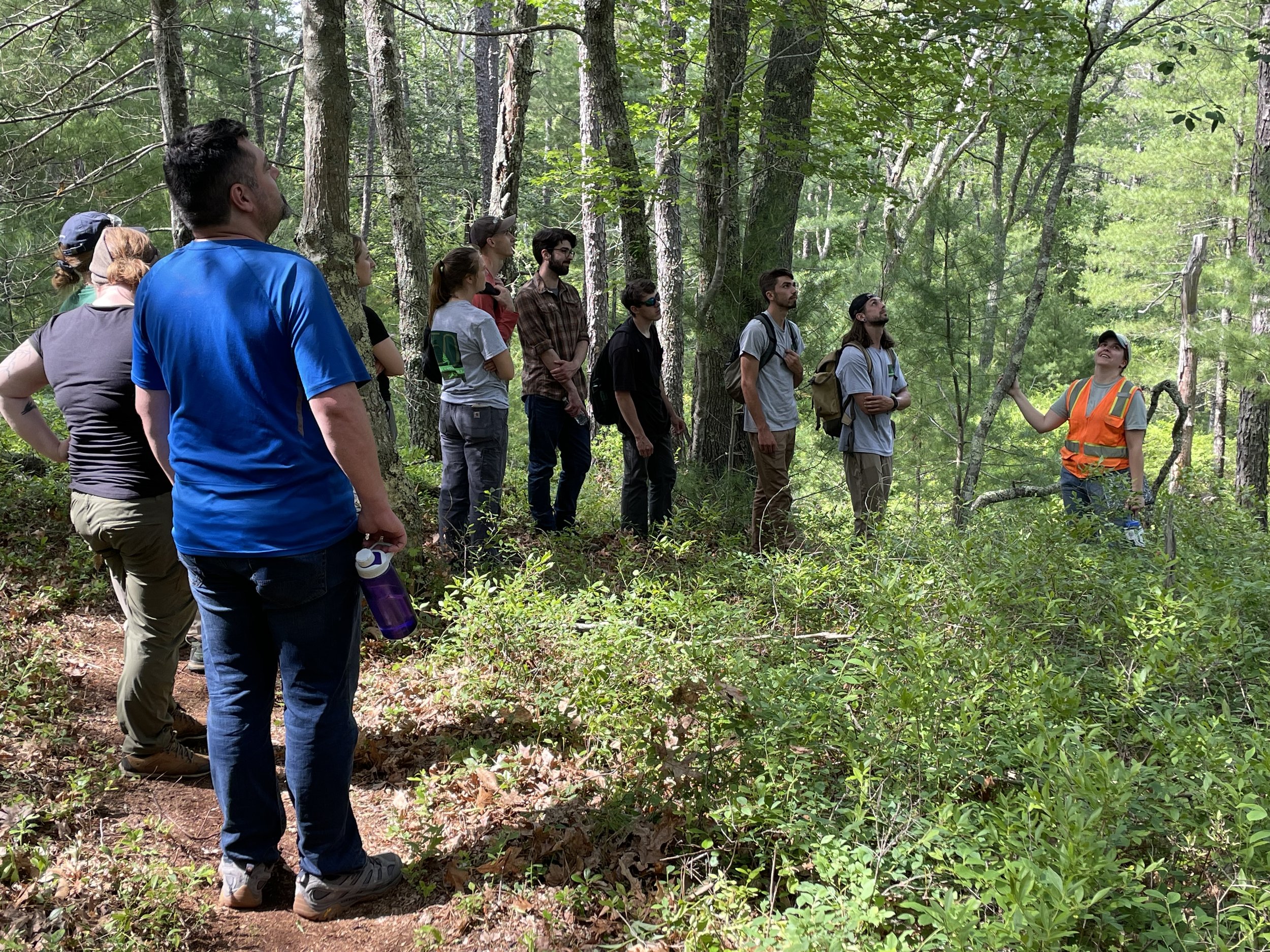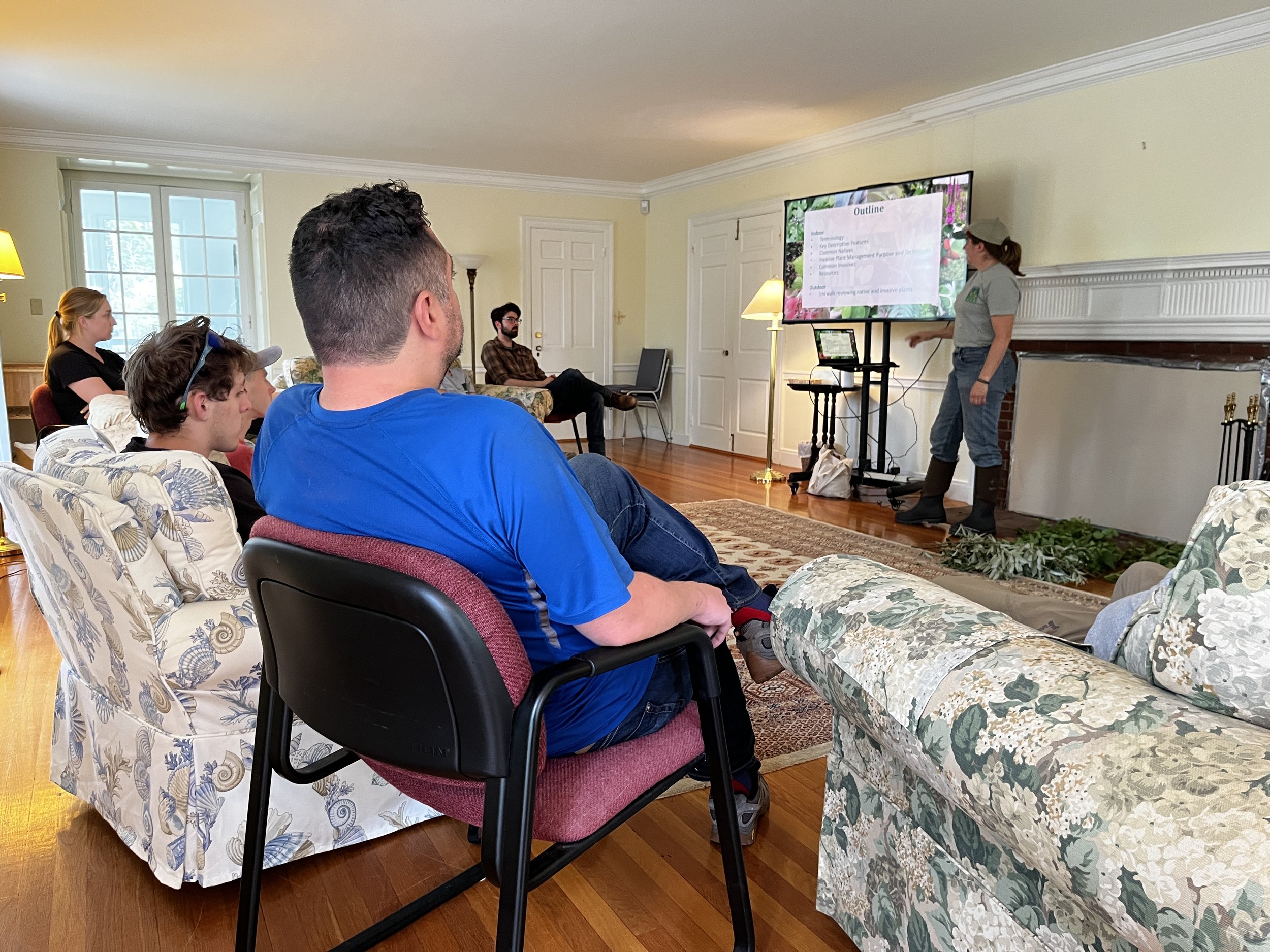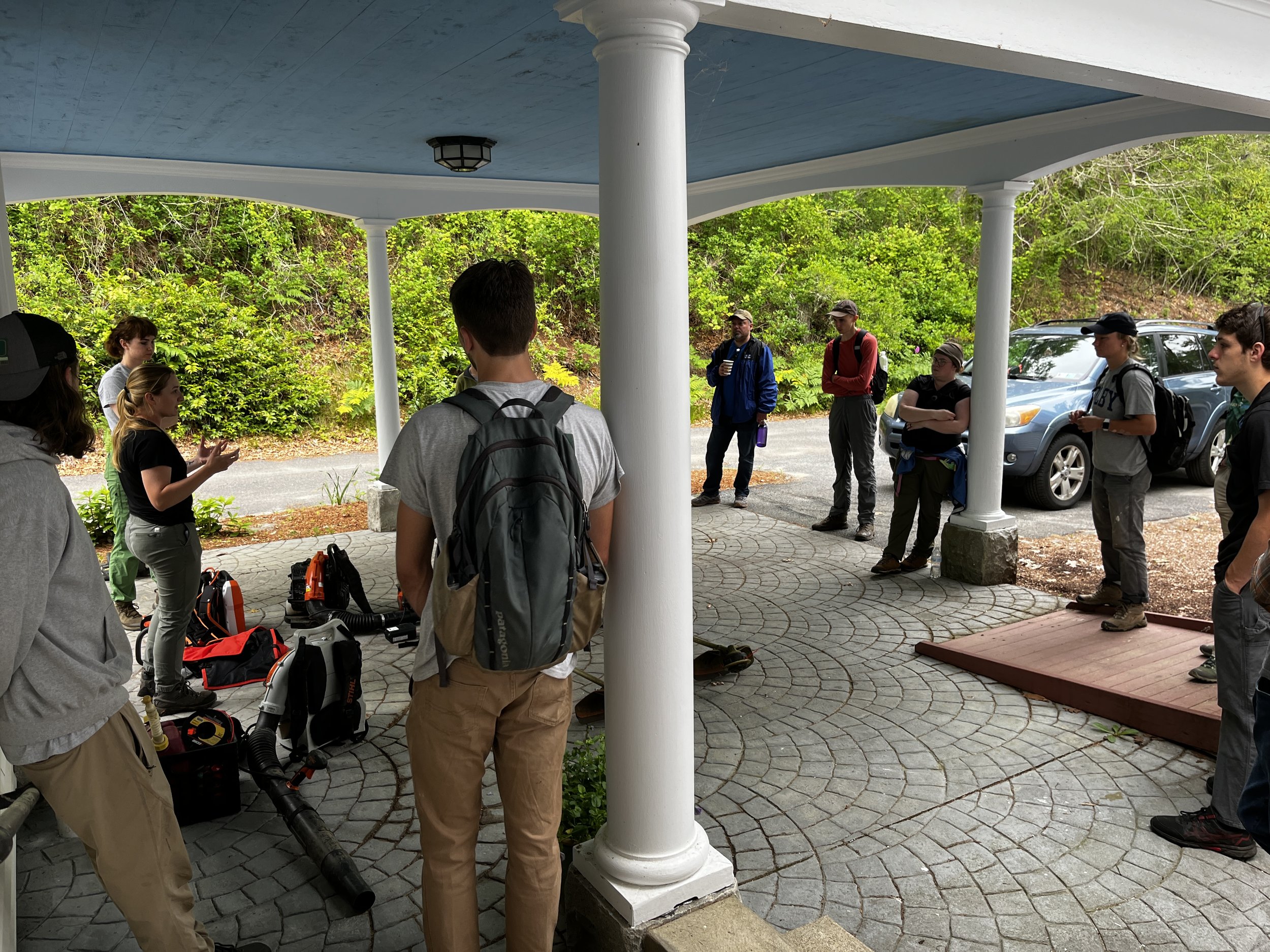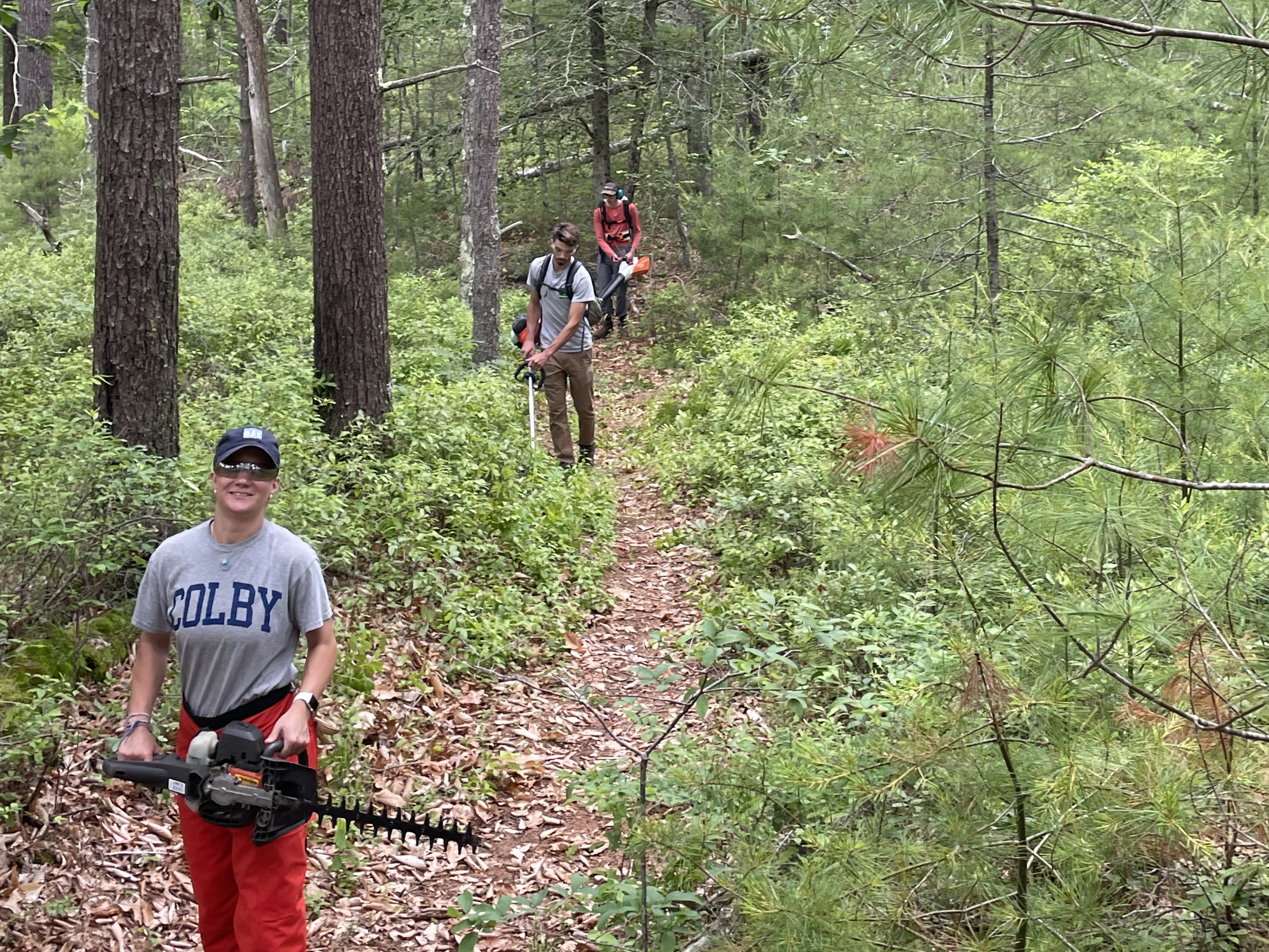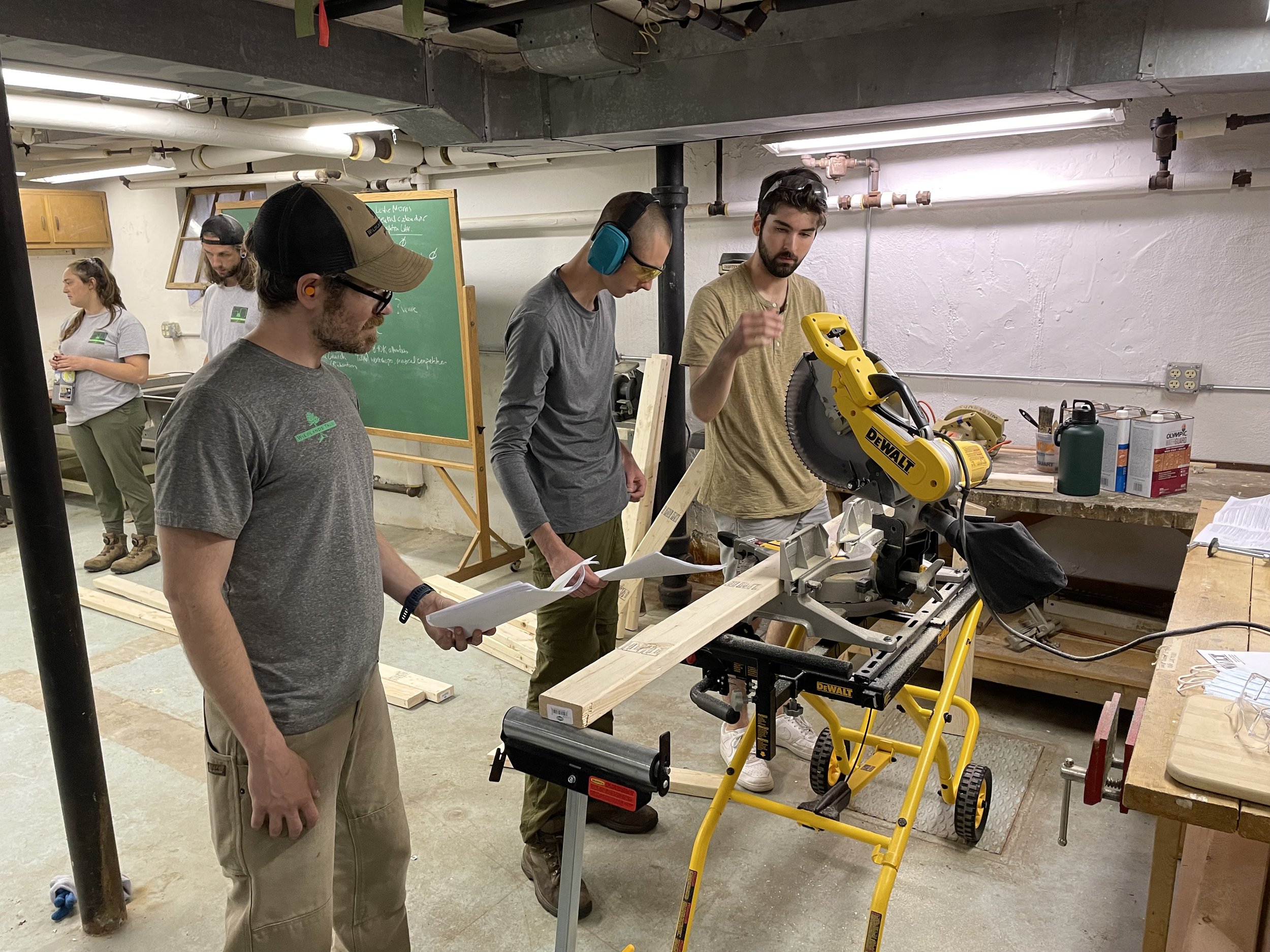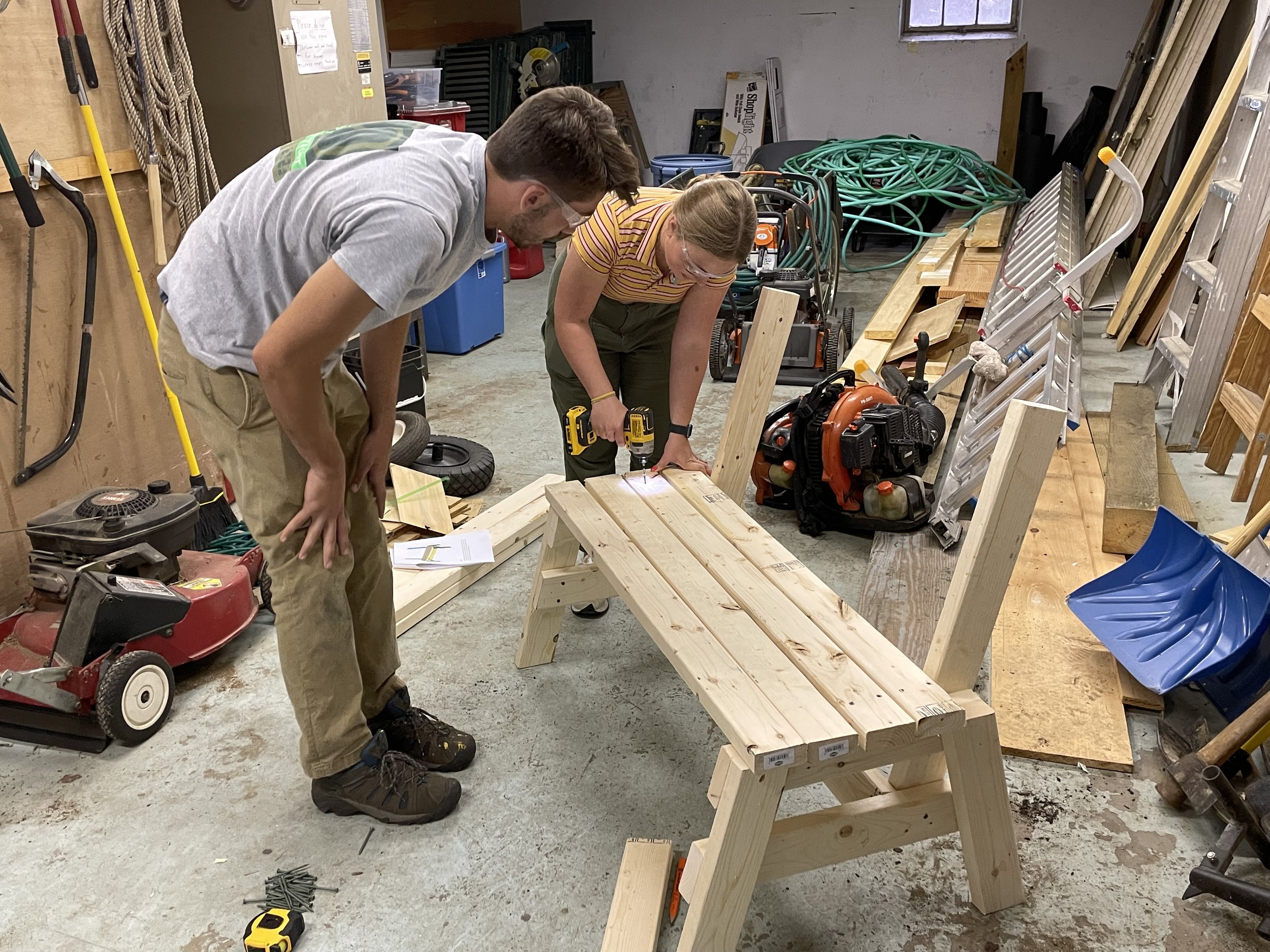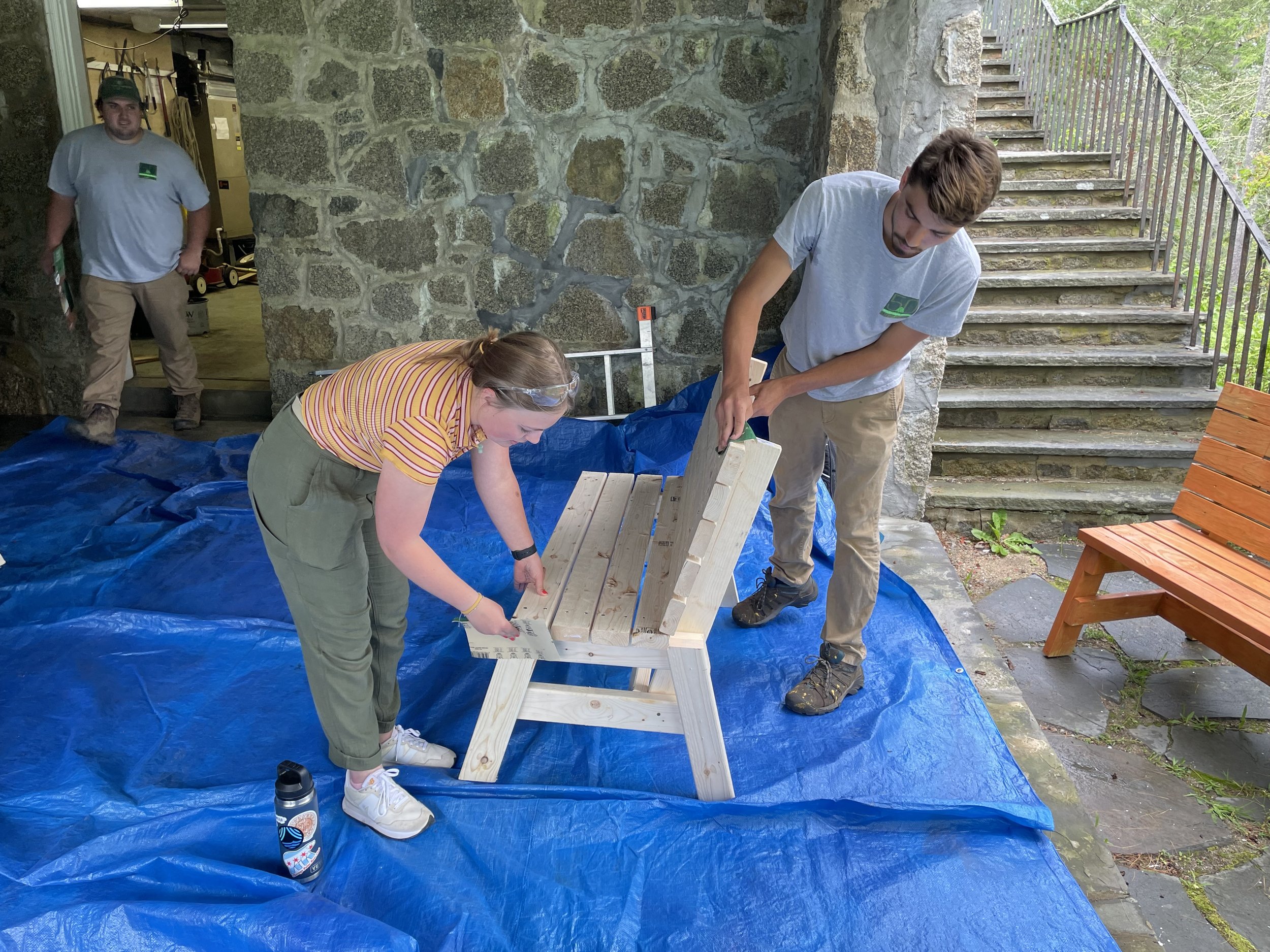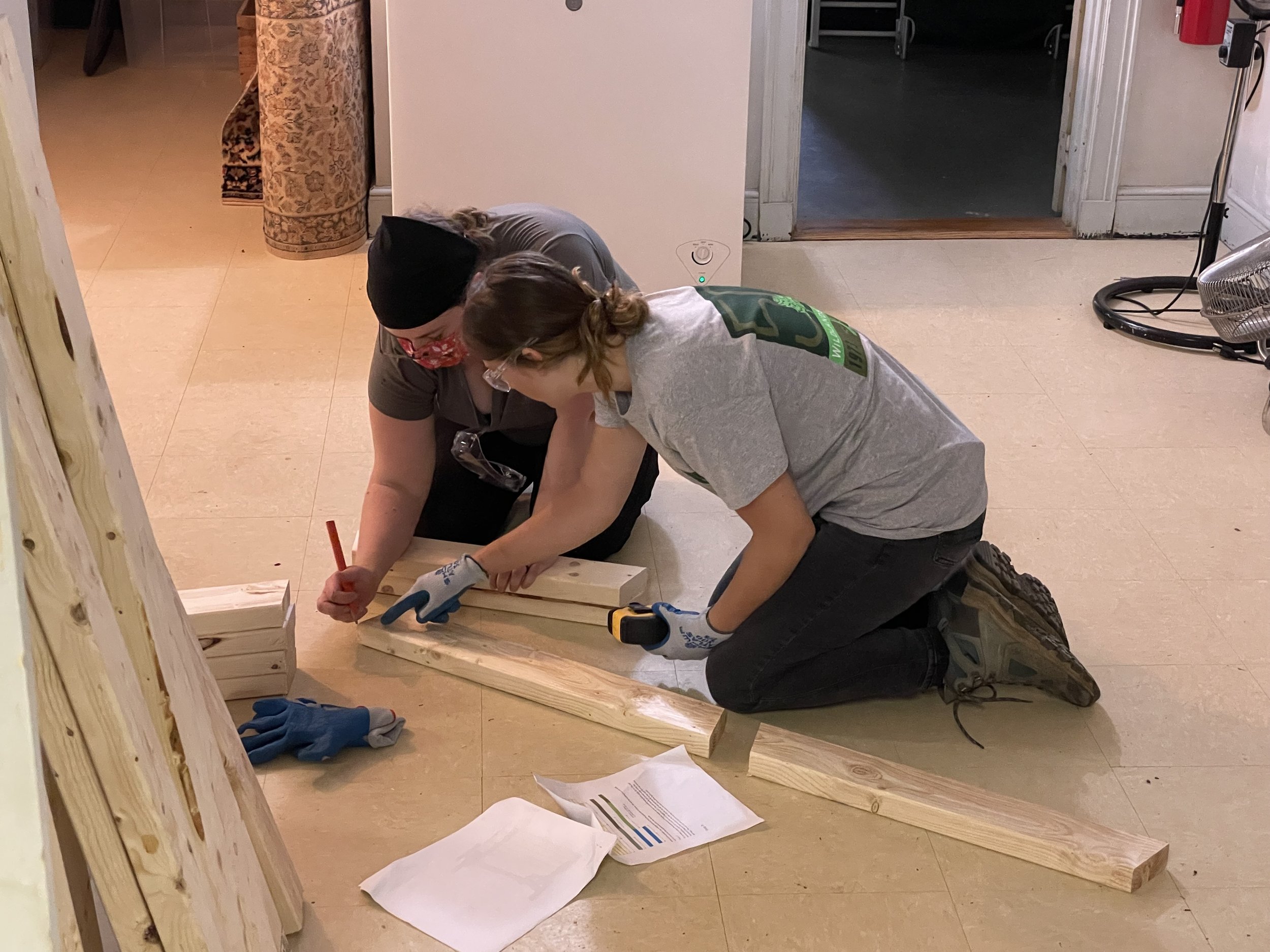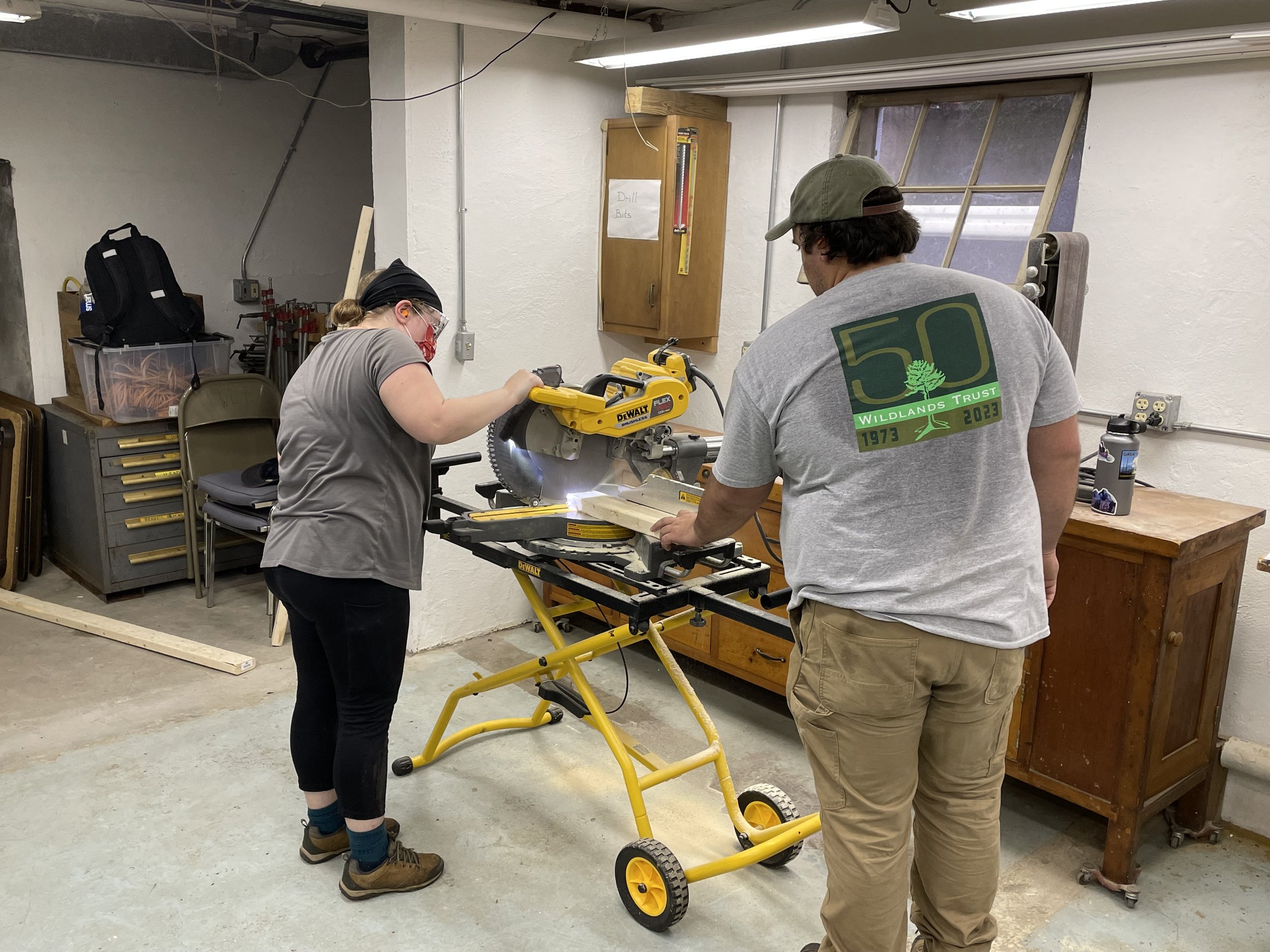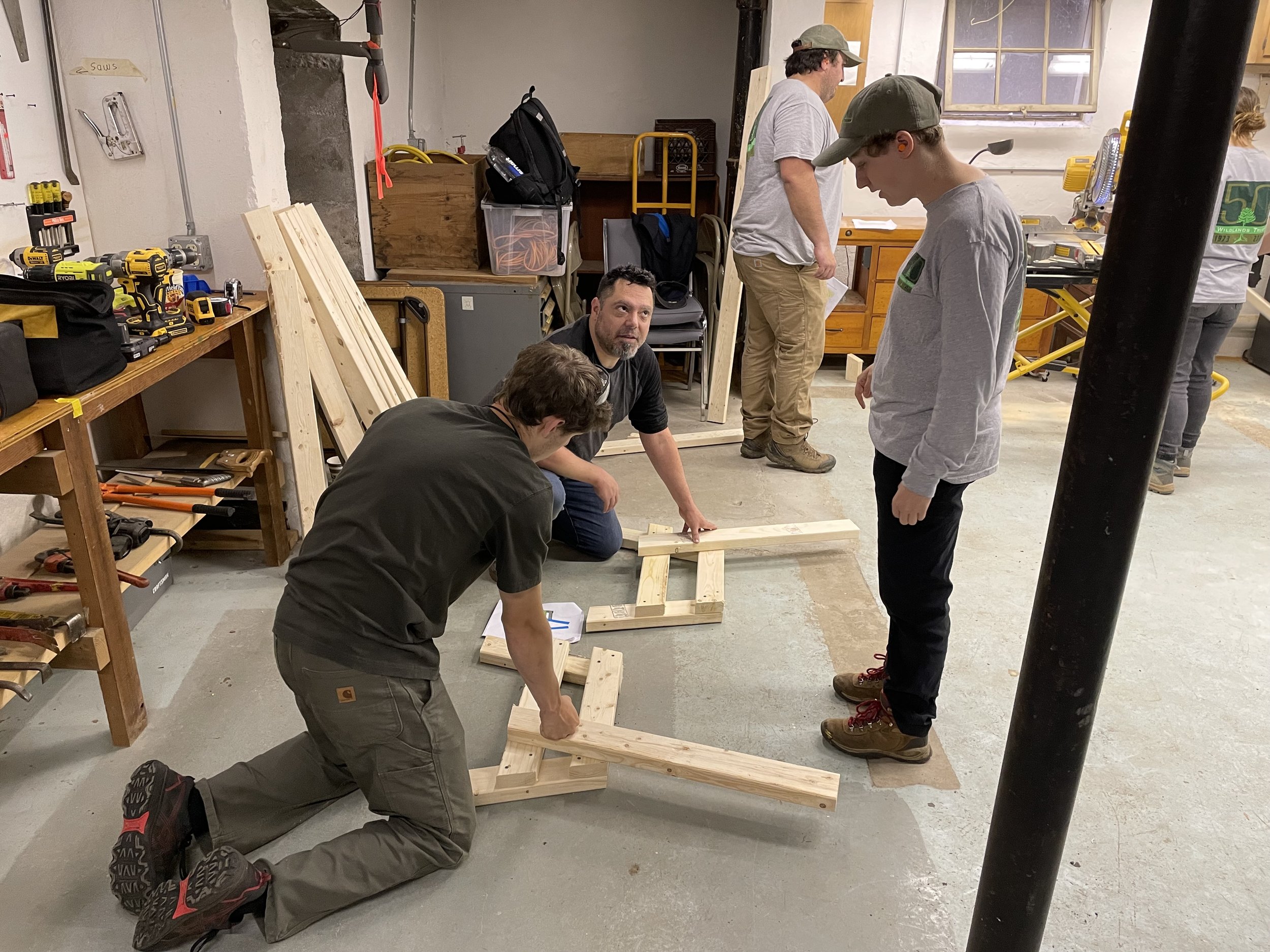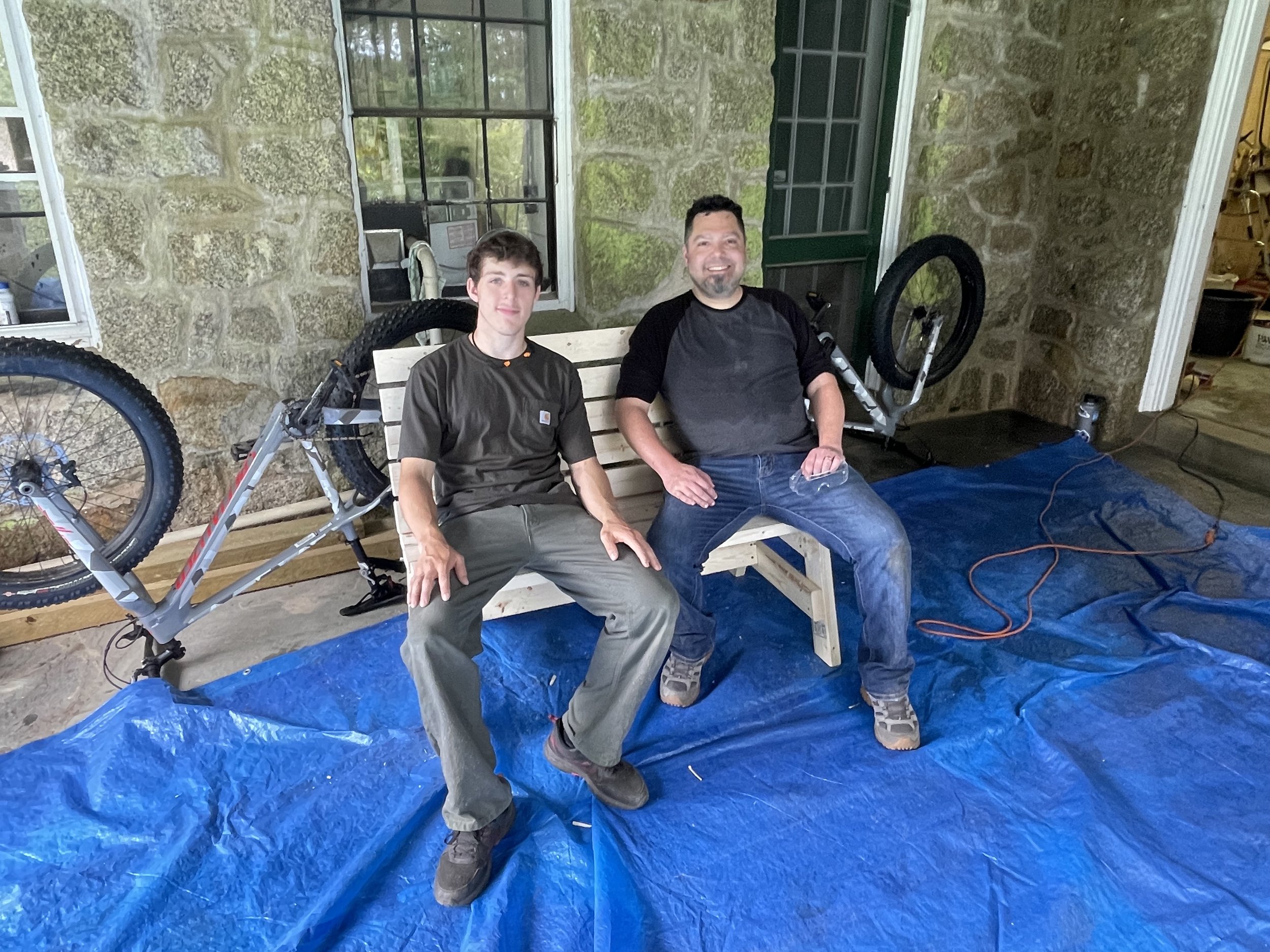By Nora Cannon
Community Garden at Davis-Douglas Farm
This spring, Wildlands Trust welcomed Nora Cannon to our Community Garden at Davis-Douglas Farm. As an artist, cook, and master gardener, Nora believes that, with a little creativity, locally grown food can inspire delicious, nutritious, affordable, and innovative meals. We invited Nora to share some of her favorite homegrown recipes with the Wildlands community.
---
It has been a good growing season in our community gardens. New England overall is having a nice summer, and gardeners are looking forward to the lingering warm days of September to continue to bring in the harvest. Here are several of my favorite recipes at this time of year—one a cooked-then-cooled salad, and the other a quick bread to enjoy now and, if you’re lucky enough to have leftovers, freeze for the middle of winter, when we start looking at seed catalogs and dreaming of the warm days ahead.
Happy Gardening! 👩🌾
Nora
Italian Potato Salad with Green Beans and Tomatoes
Okay, it sounds fancy—but it’s so simple!
2 pounds small new or red potatoes
Cook until tender; cut in halves or quarters
1 teaspoon salt
1 pound string green beans trimmed
Steam; cut in quarters
½ teaspoon salt
1 cup cherry tomatoes
Cut in halves
Combine cooked vegetables and tomatoes in a bowl. Toss with ¼ jar of your favorite Italian salad dressing (I like Paul Newman’s Organic). Enjoy!
Best Zucchini Bread
This zucchini bread freezes well or keeps in your refrigerator for several weeks. I recommend you bake a day ahead, as it tastes better the next day. This recipe makes a 9” x 5” loaf pan, or several smaller loaf pans and muffins. It sounds like a lot of steps, but the result is well worth it!
Spray or butter loaf pans. For muffins, I use cupcake liners.
Beat 3 eggs, 1 ¼ cup vegetable oil, 1 ½ cup sugar, 1 teaspoon vanilla extract together in a bowl
Sift together 2 cups grated unpeeled raw zucchini, 2 cups flour, 2 teaspoons baking soda, 1 teaspoon baking soda, 1 teaspoon salt, 1 teaspoon cinnamon, 1 teaspoon cloves (pumpkin spice works well also), and one cup walnuts. Blend wet and dry ingredients together.
Bake at 350 degrees in oven. 1 hour for loaf pan and less for smaller pans and muffins. Check after 25 minutes and test center.
---
The Community Garden at Davis-Douglas Farm in Plymouth provides Wildlands members with an opportunity to grow foods and flowers of their own and meet fellow gardeners in the area. To learn more, visit our Community Garden page.
What you can’t grow yourself, buy local! Wildlands members receive discounts at multiple local farms: Bay End Farm in Bourne, Nessralla Farm in Halifax, Hornstra Farm in Norwell, and Vineyard Farm in West Bridgewater. To become a member, click here.





